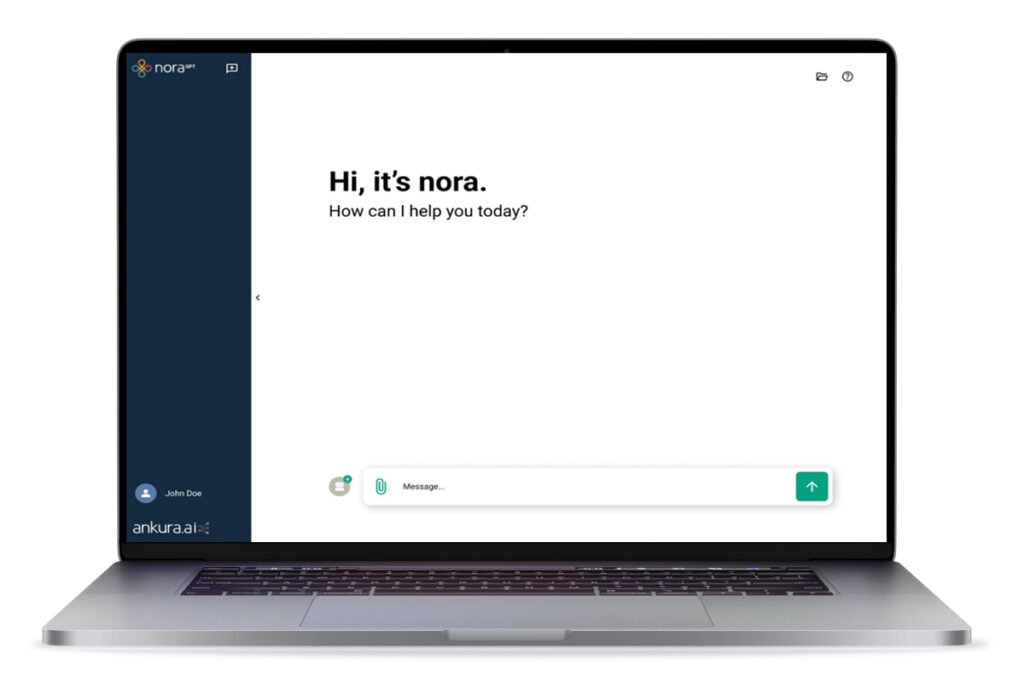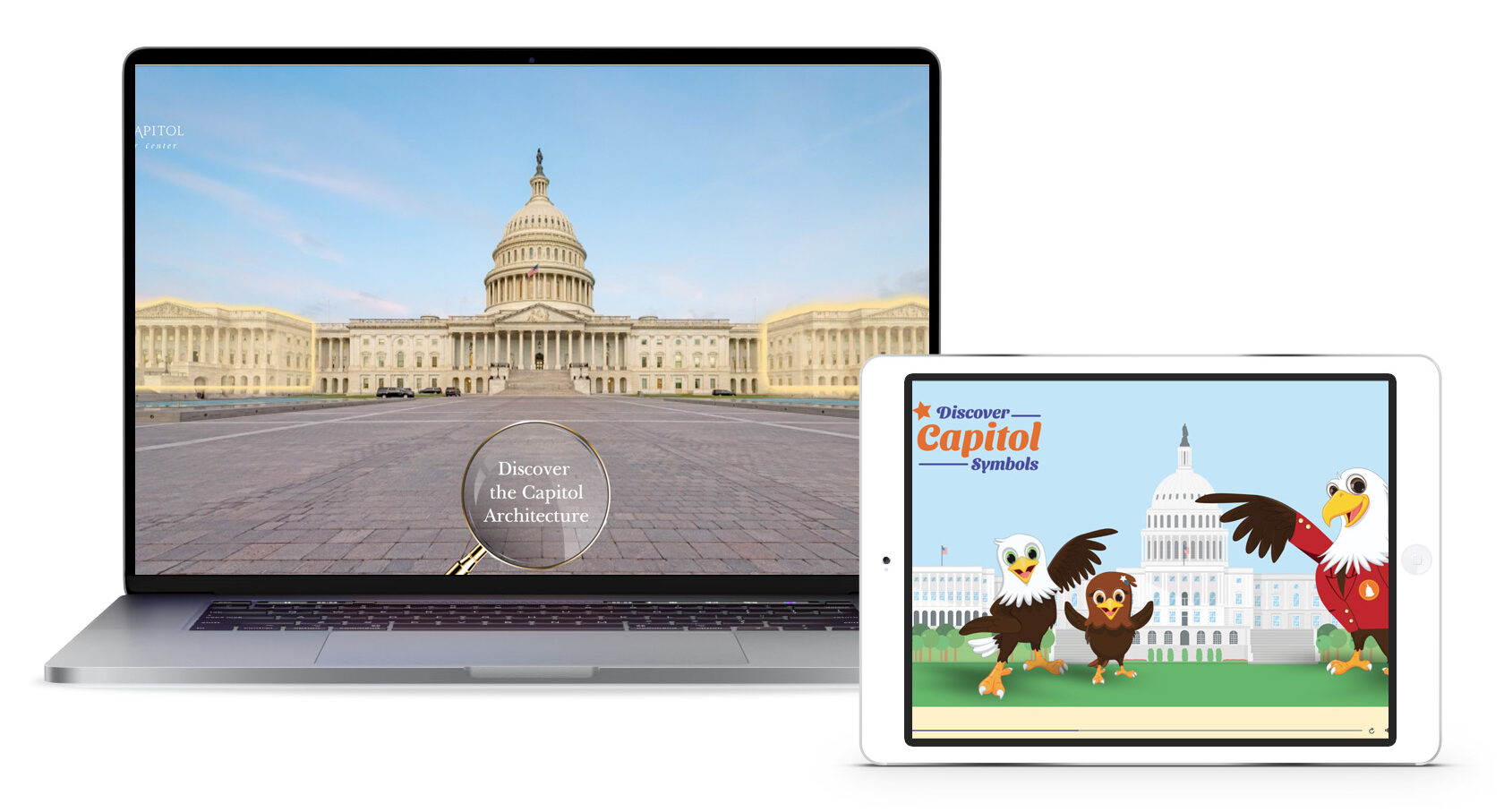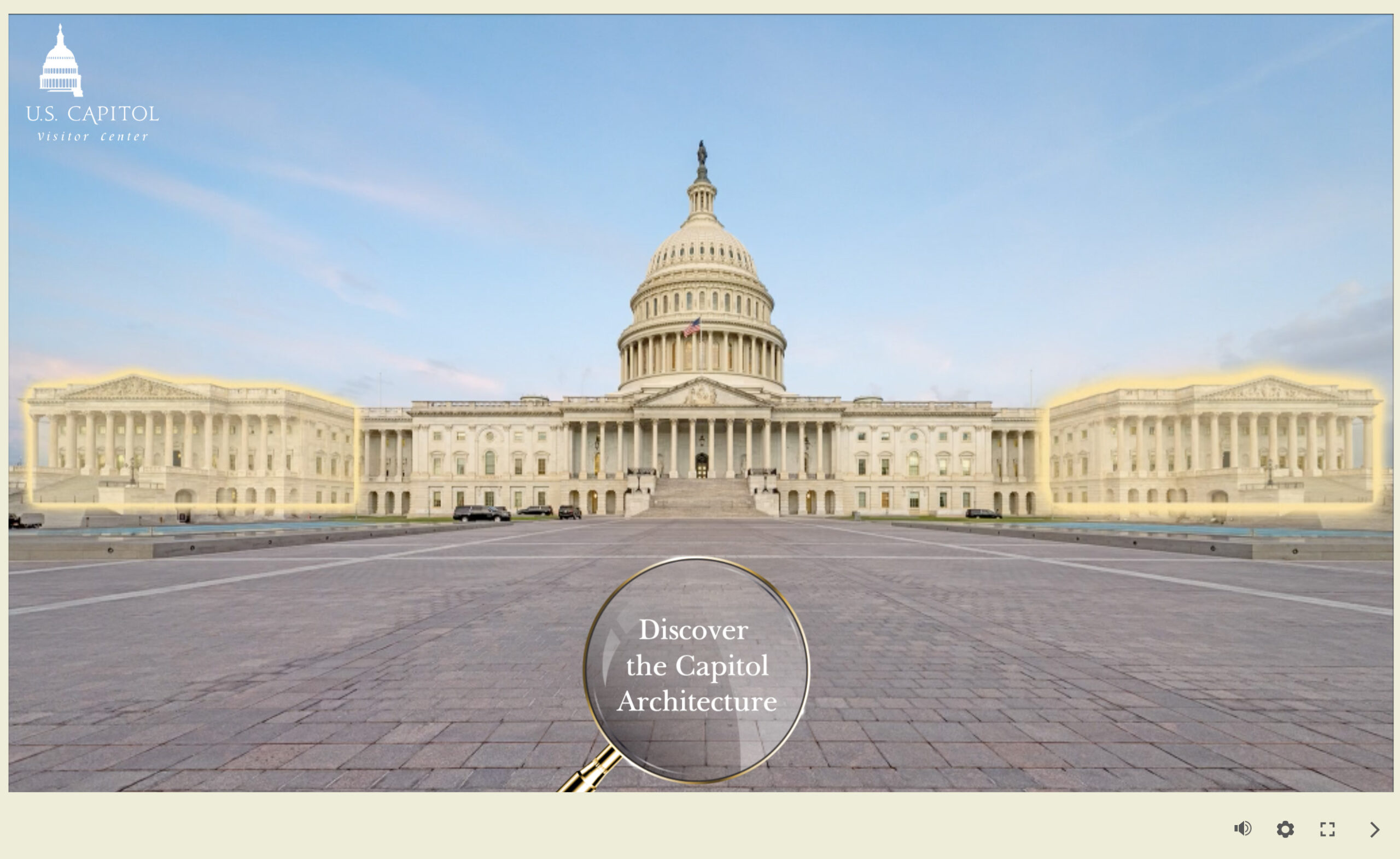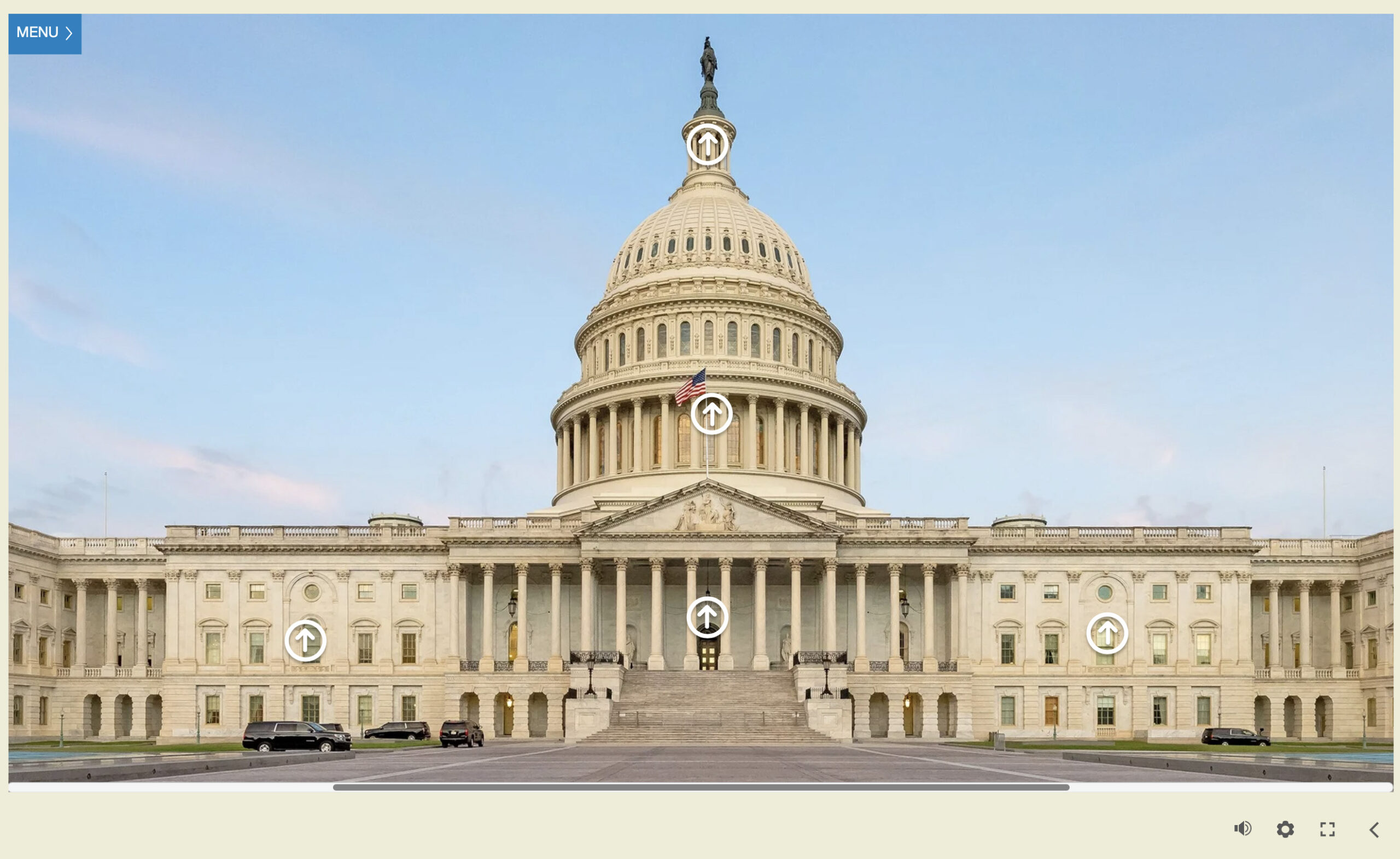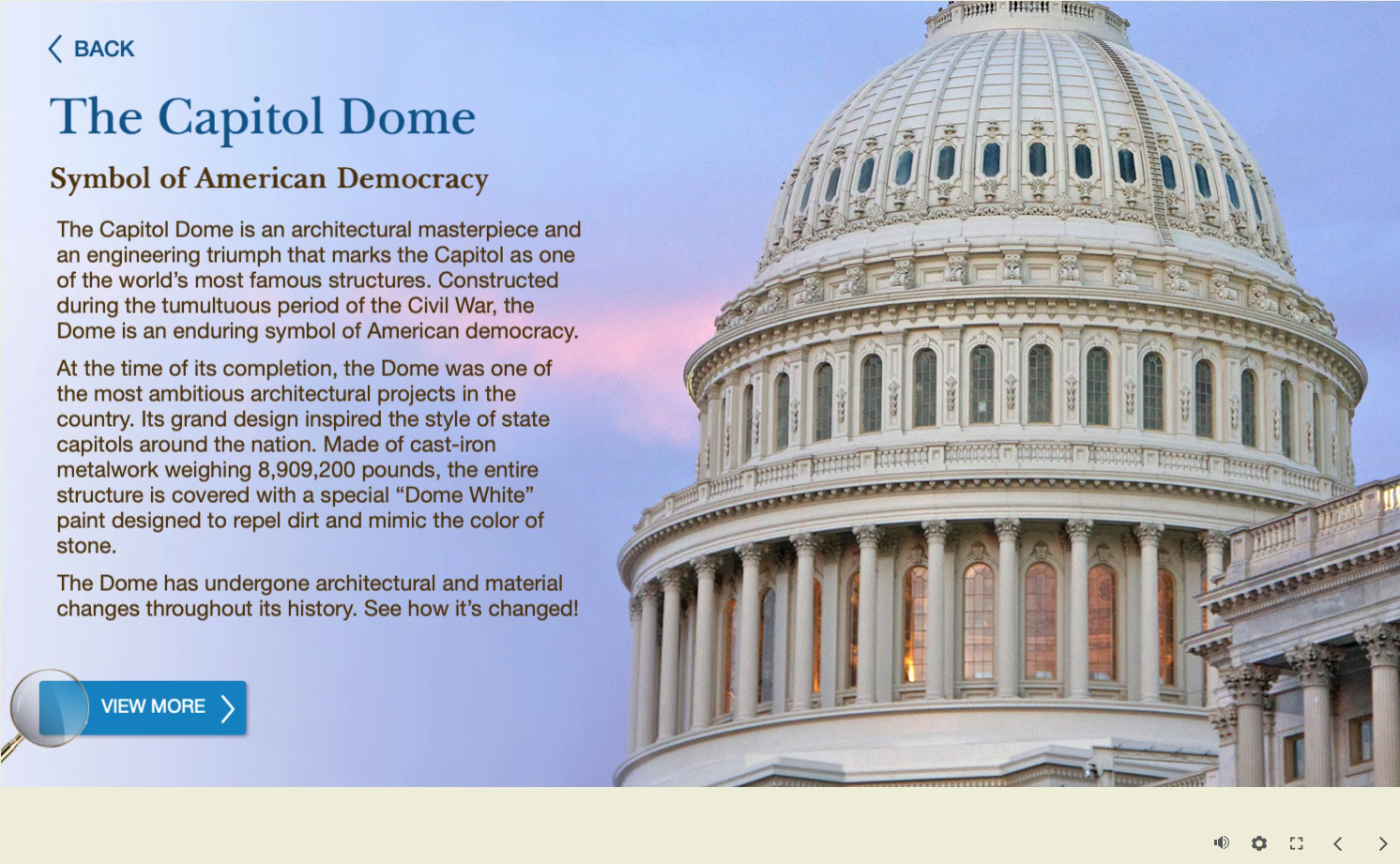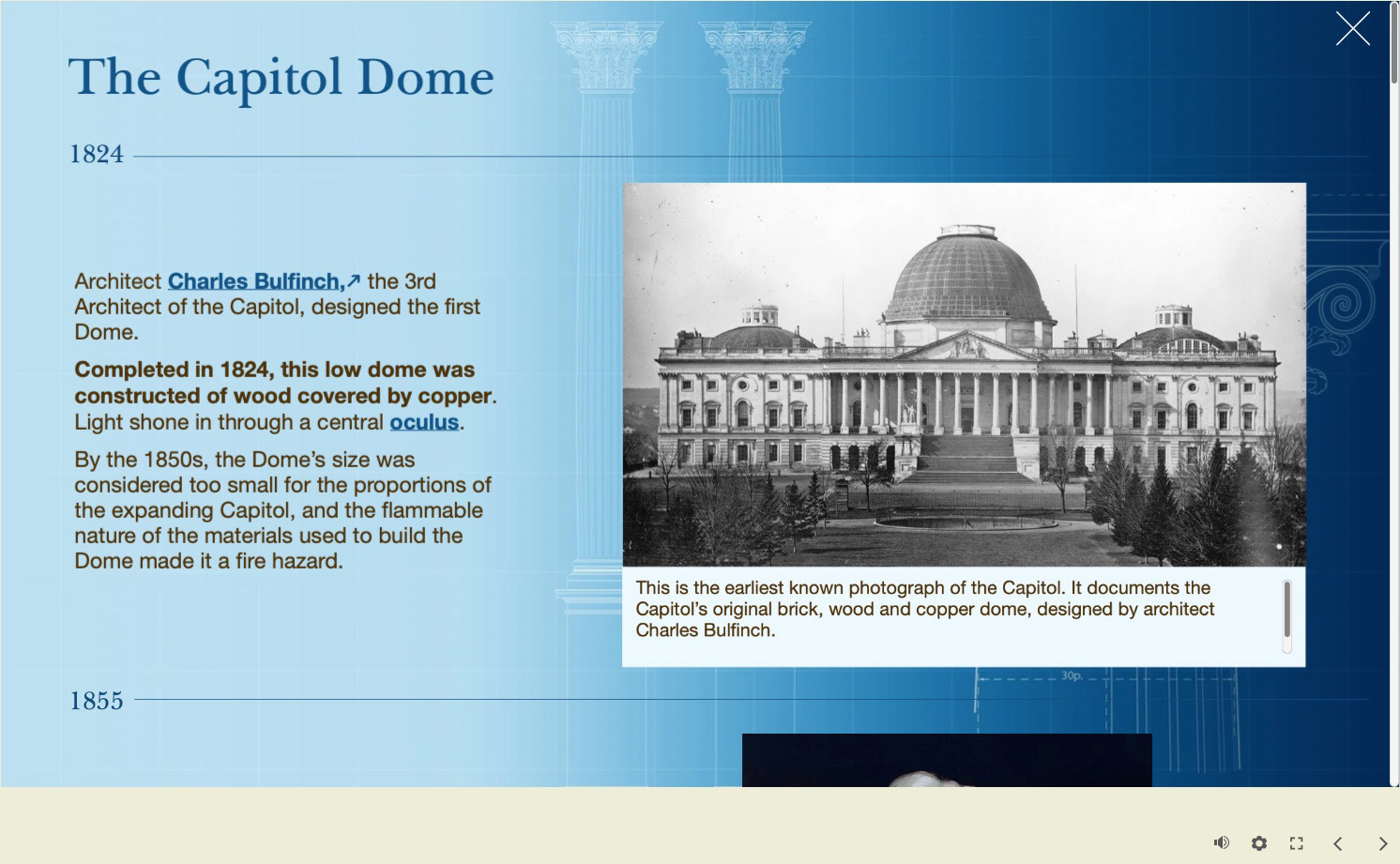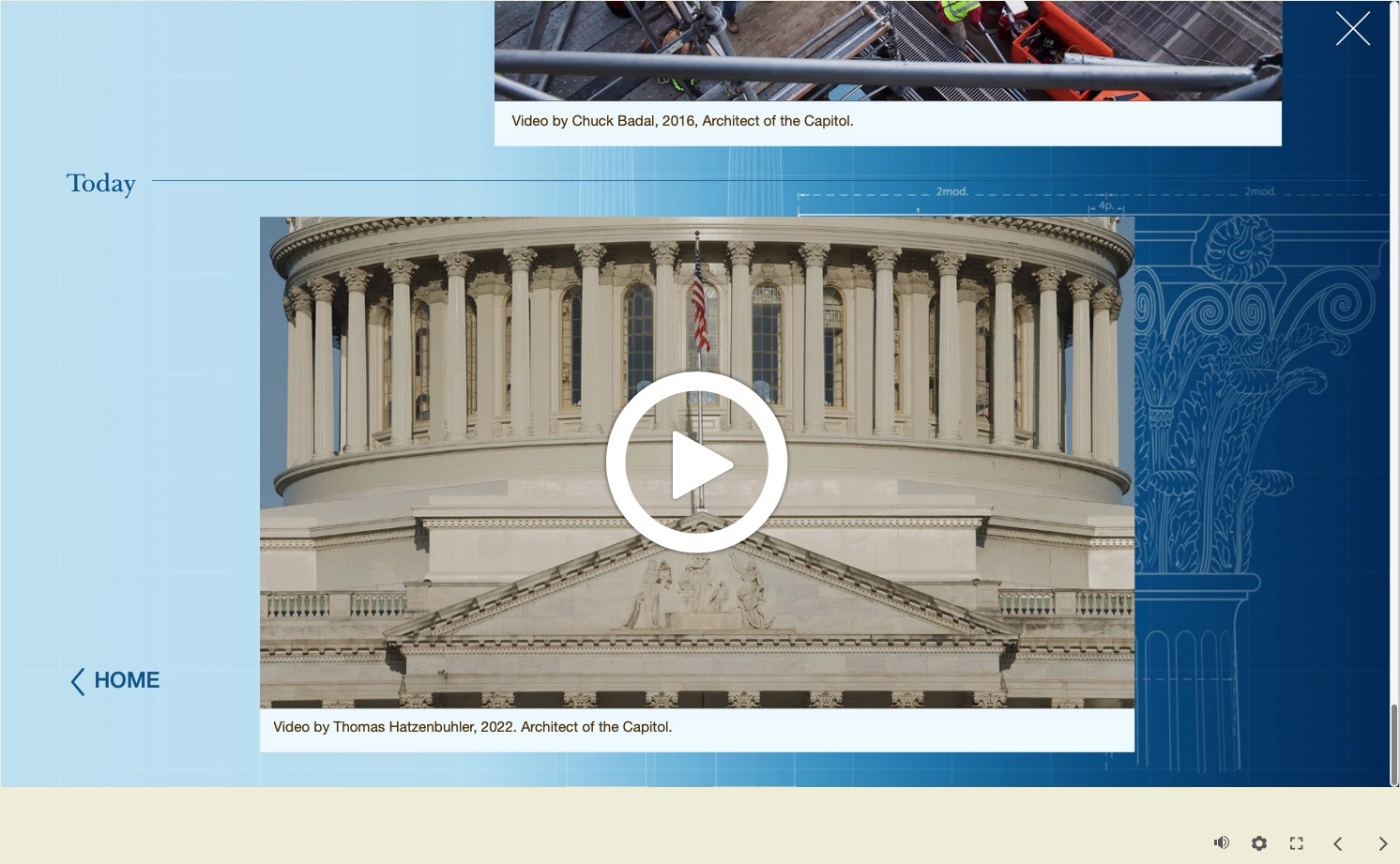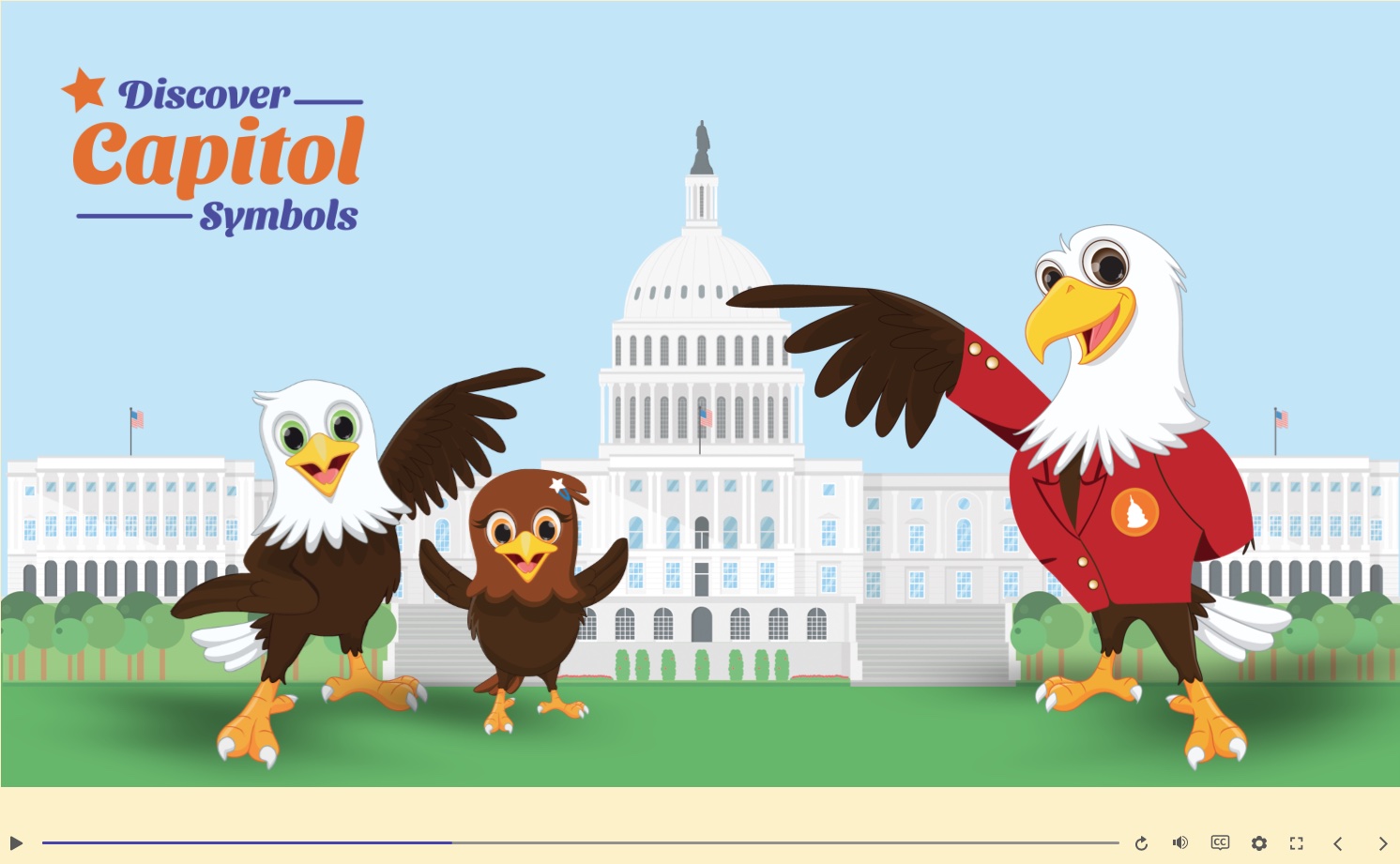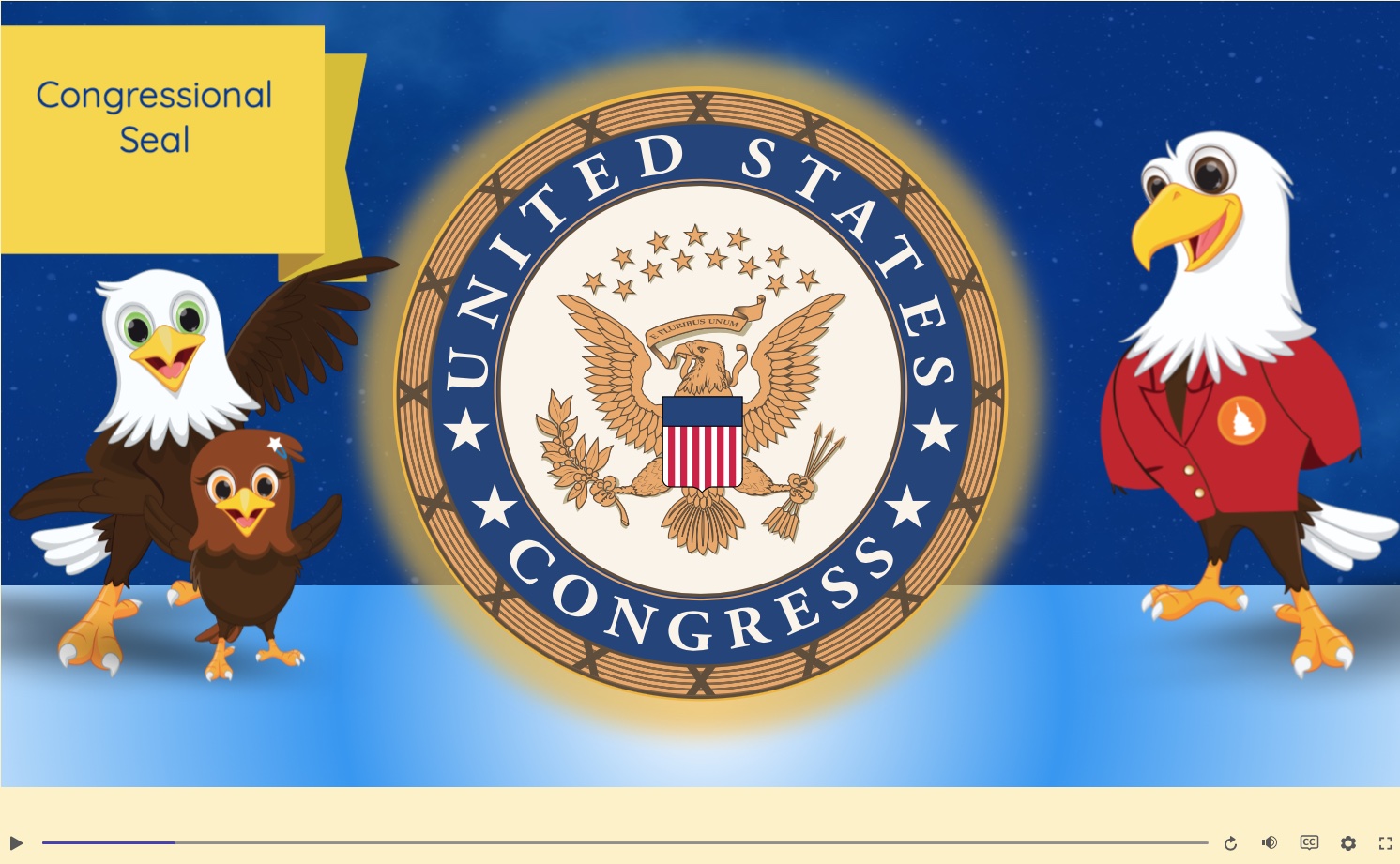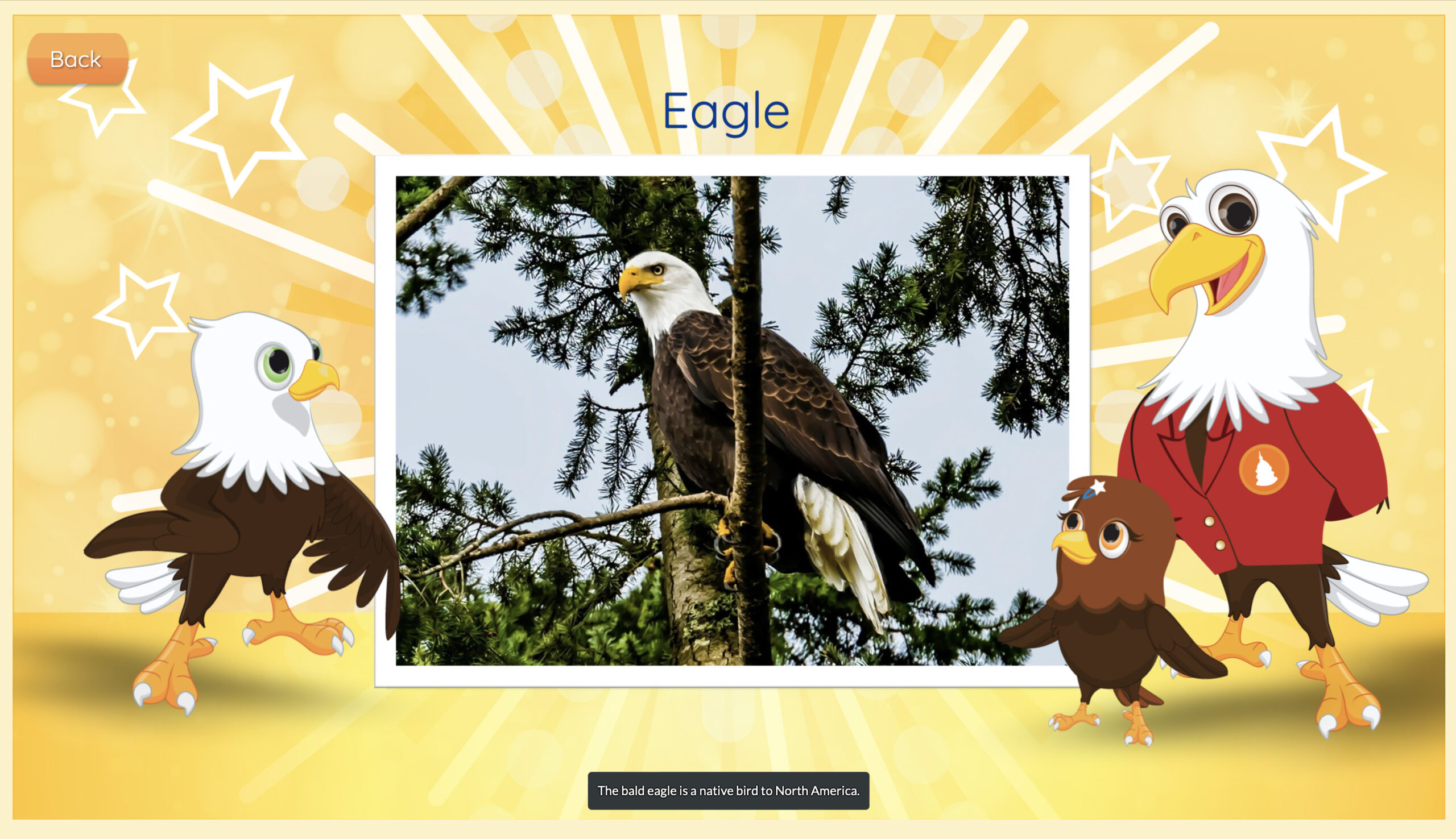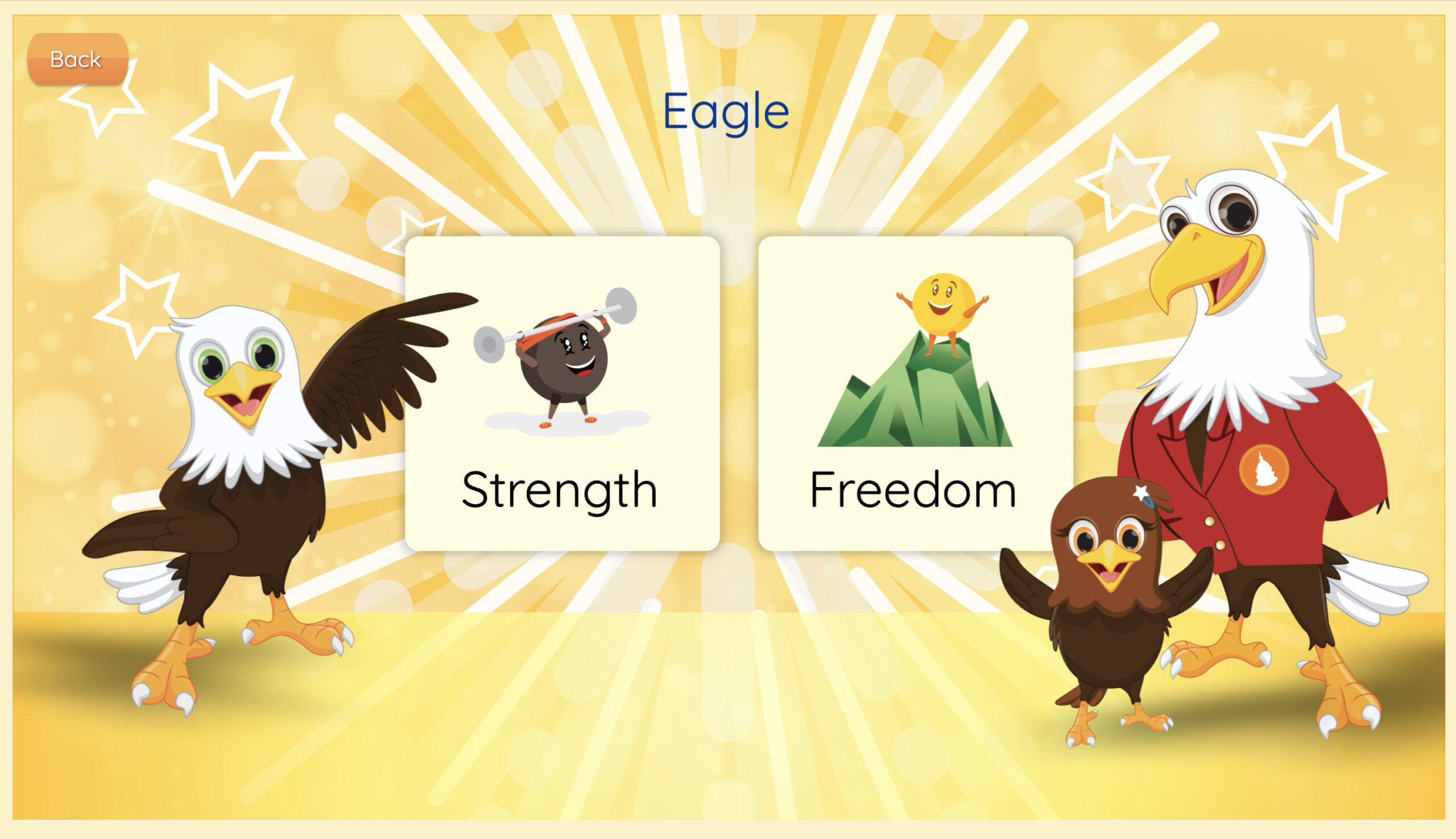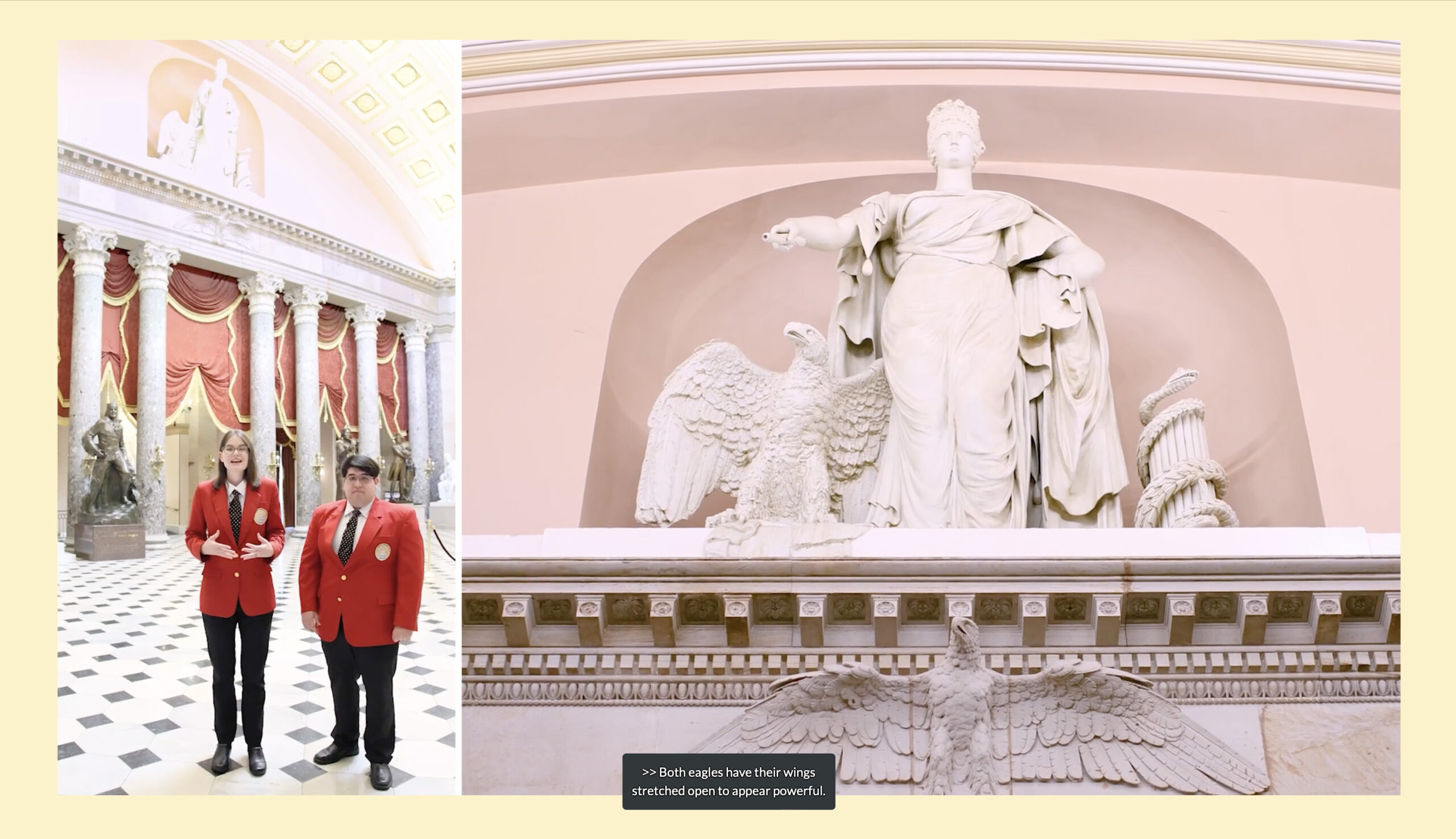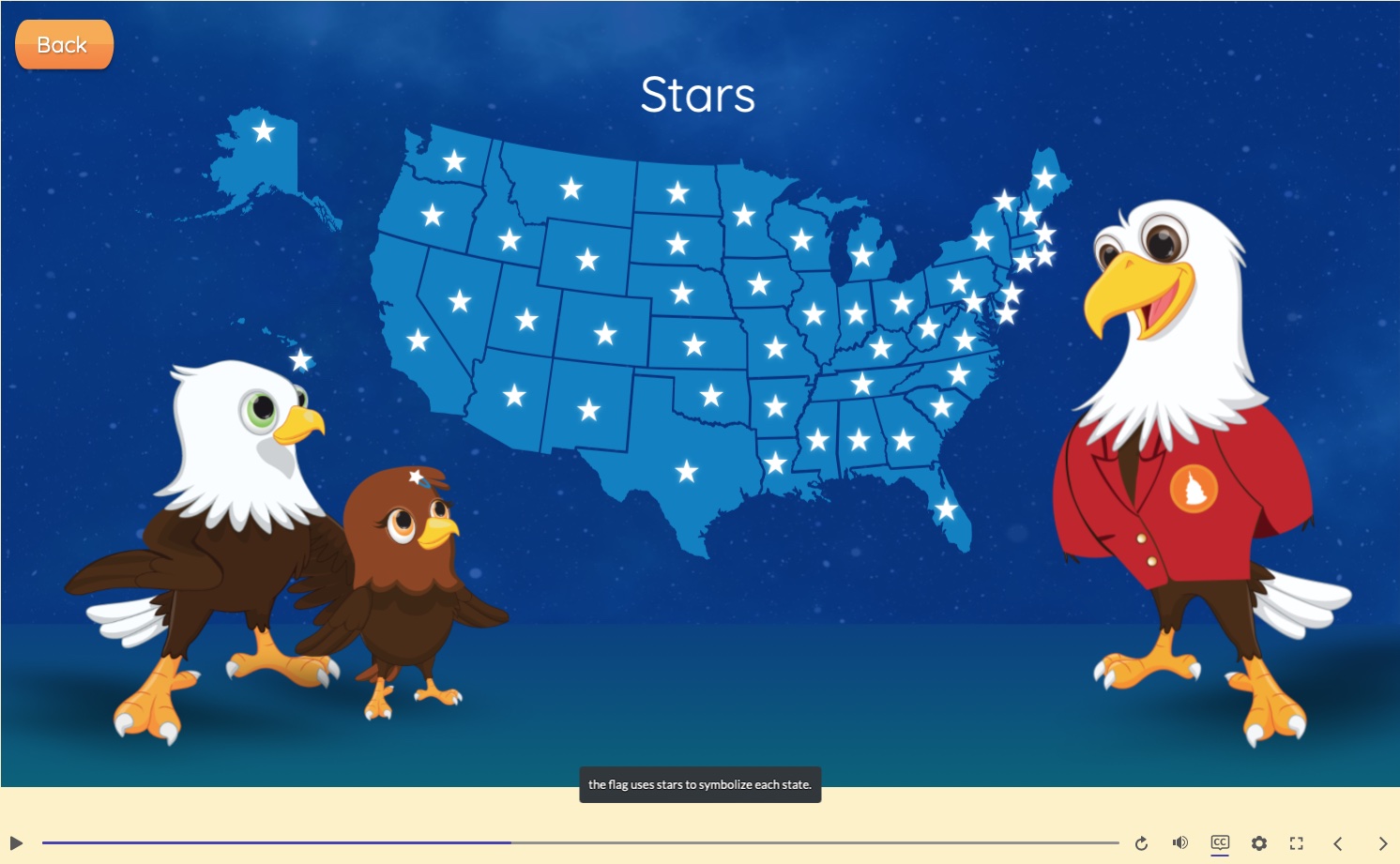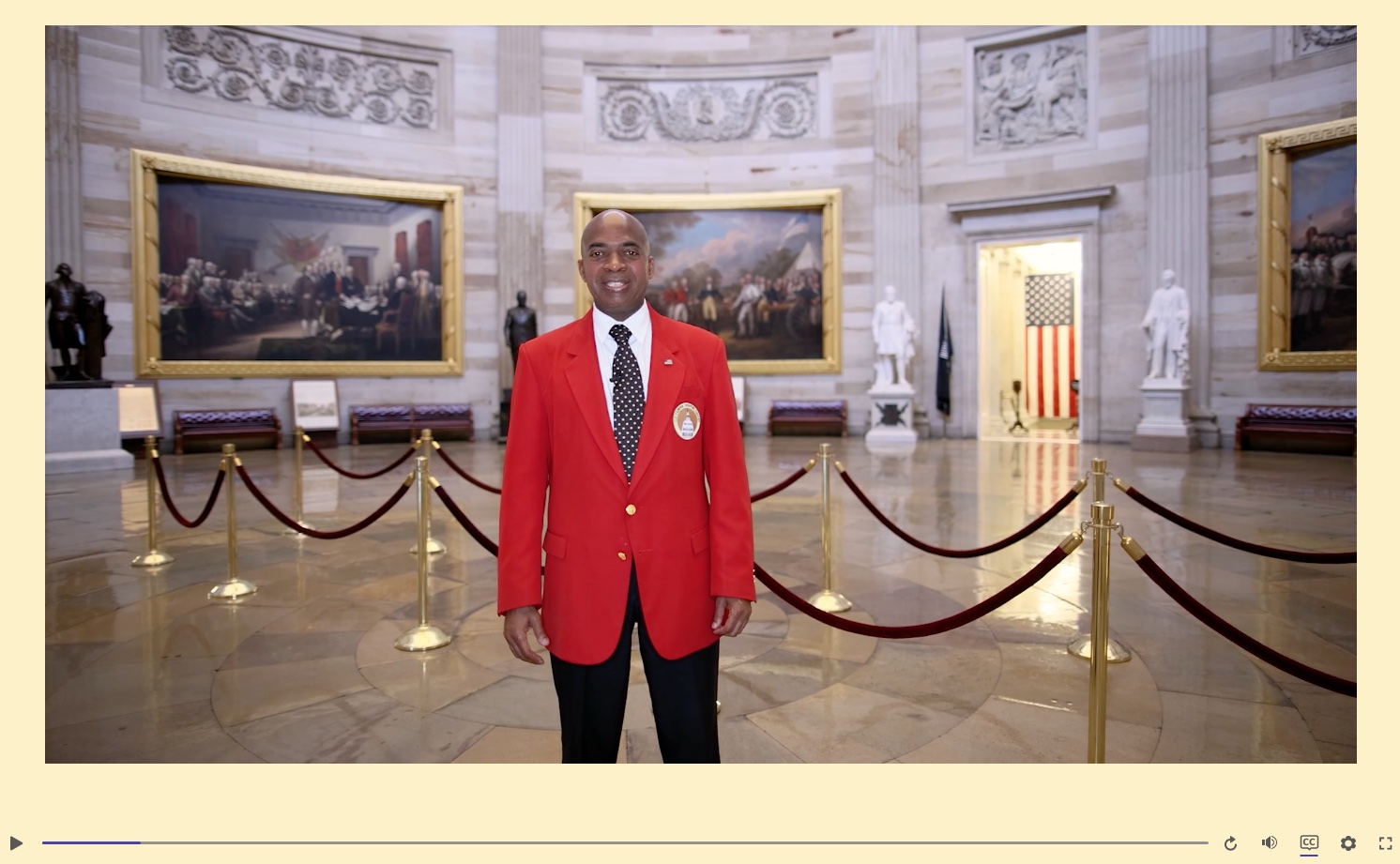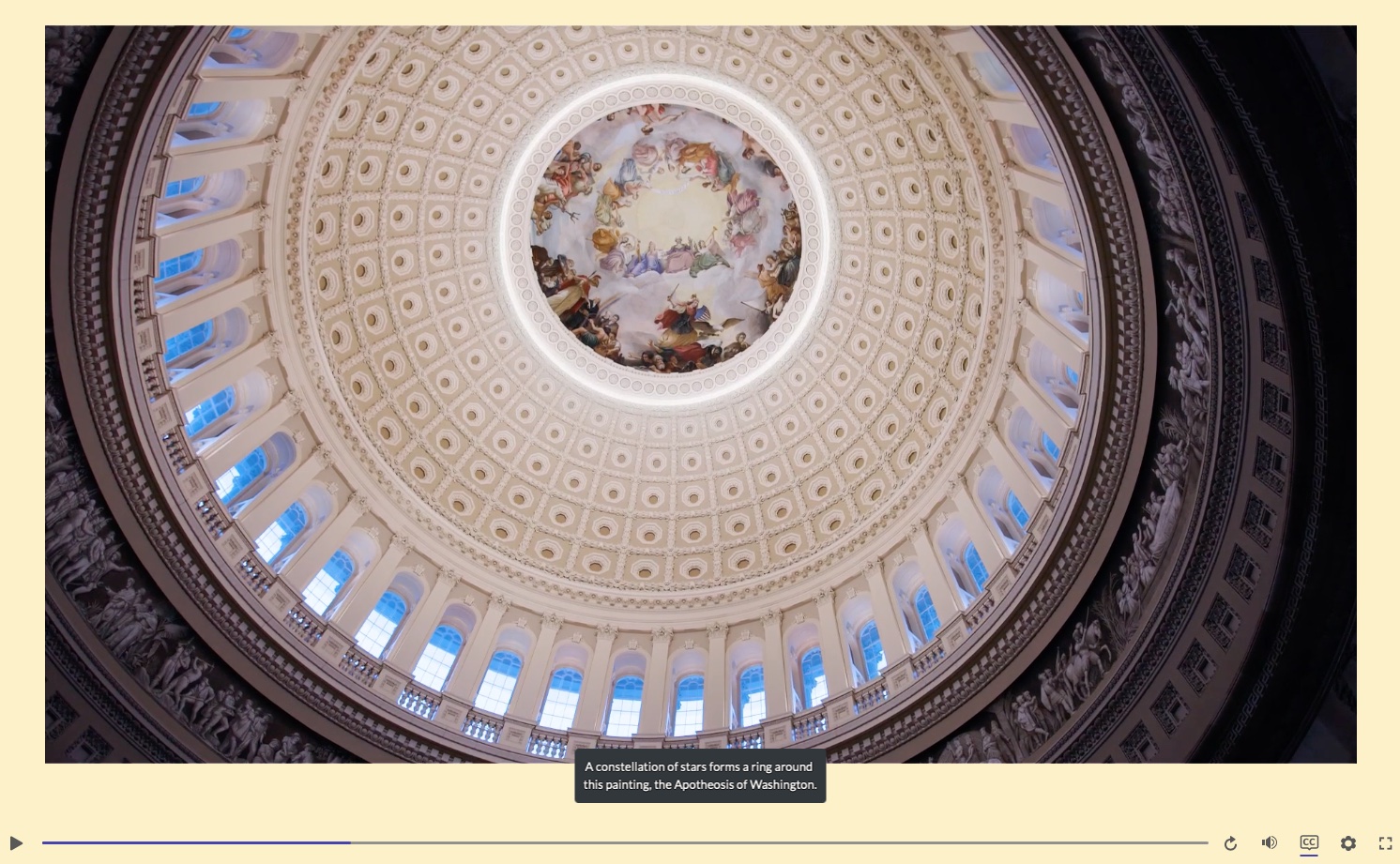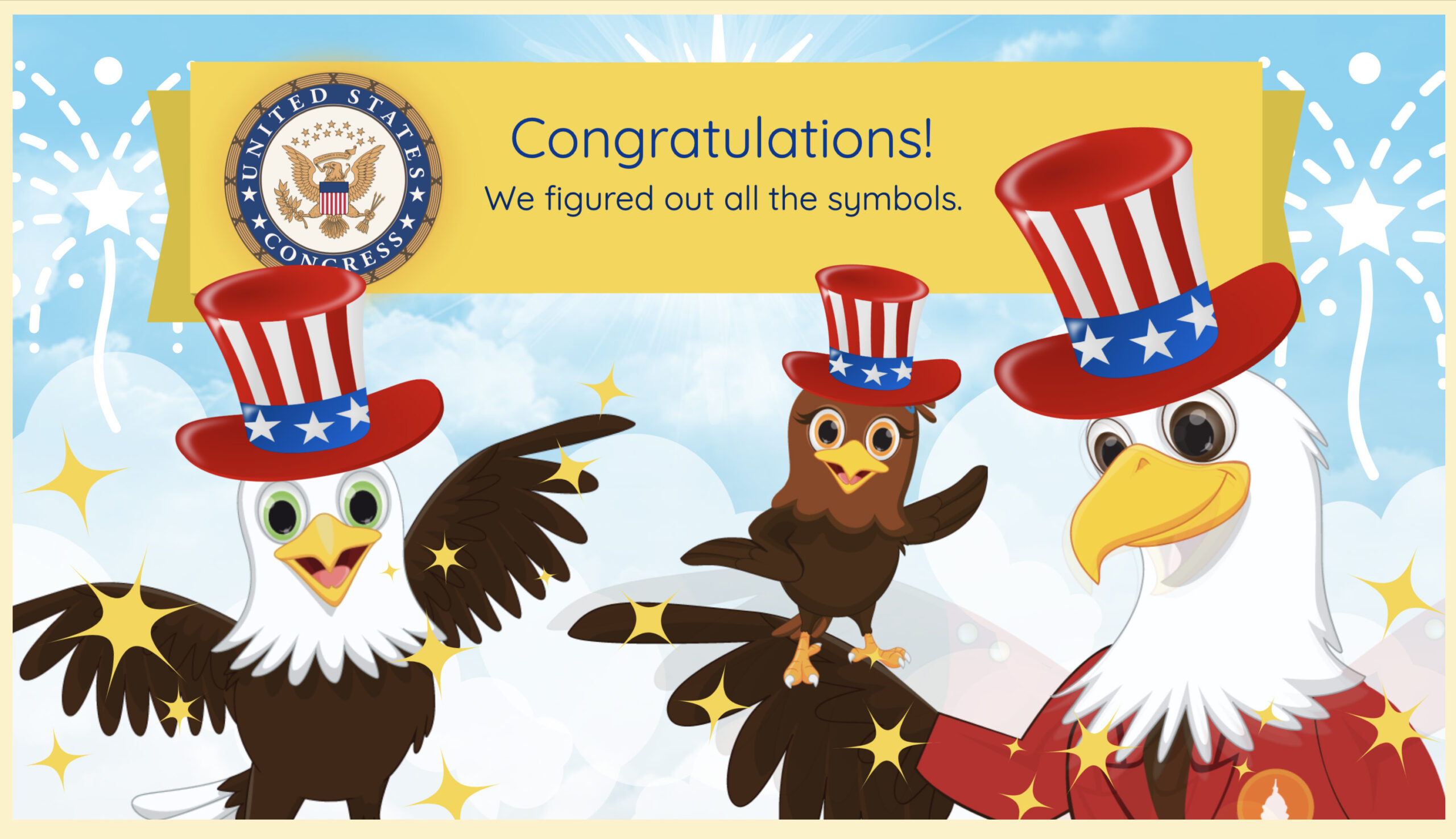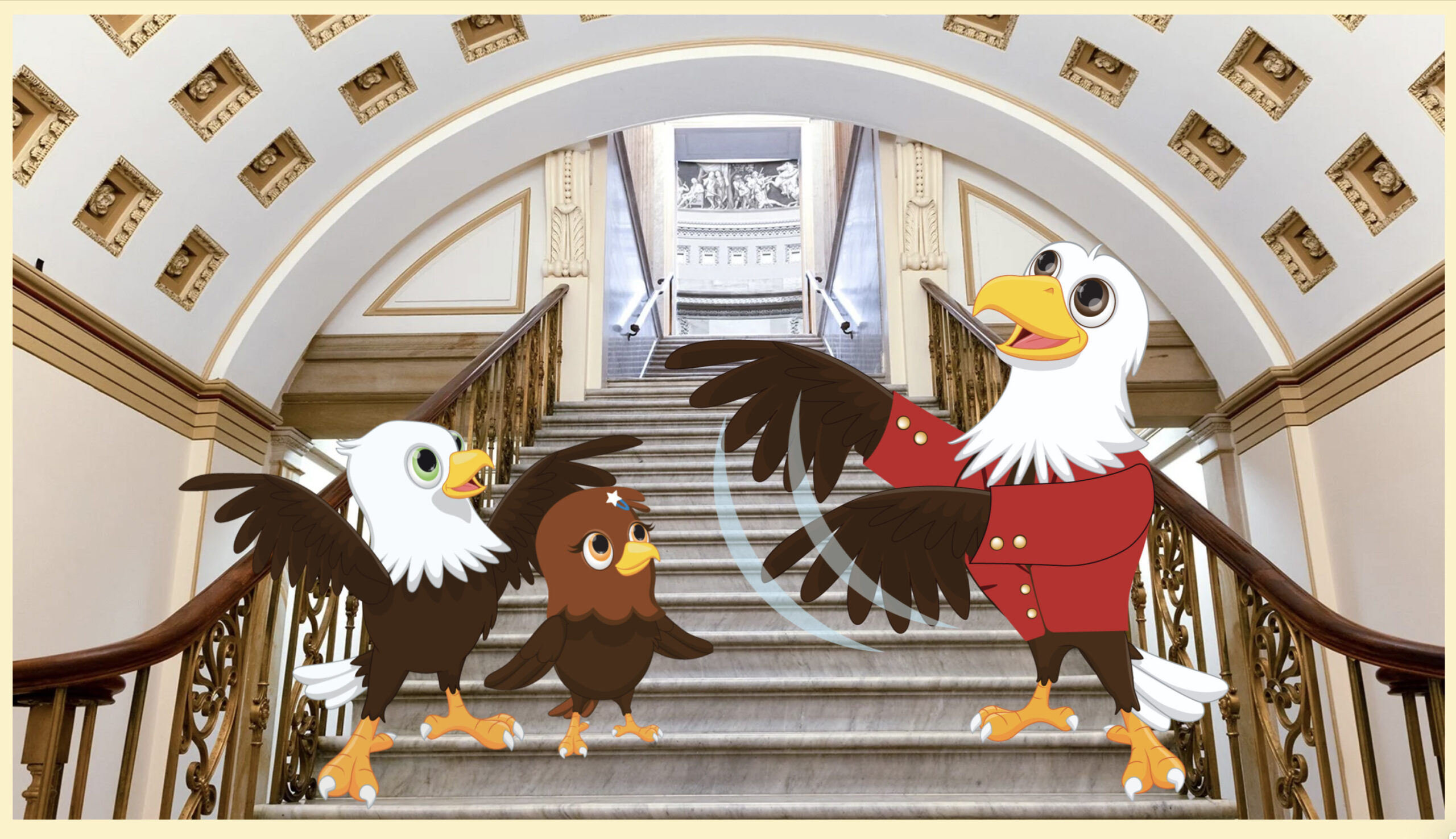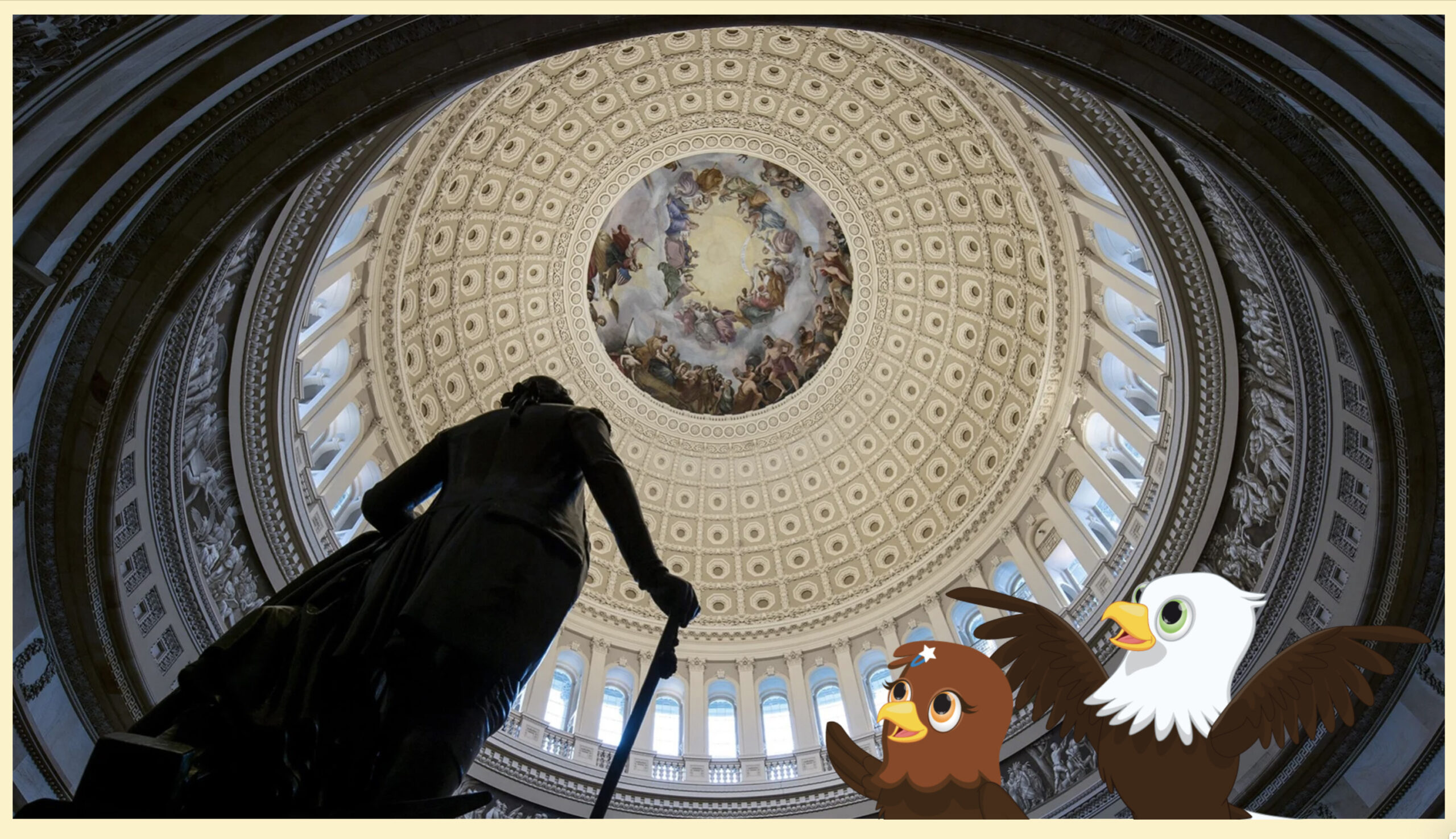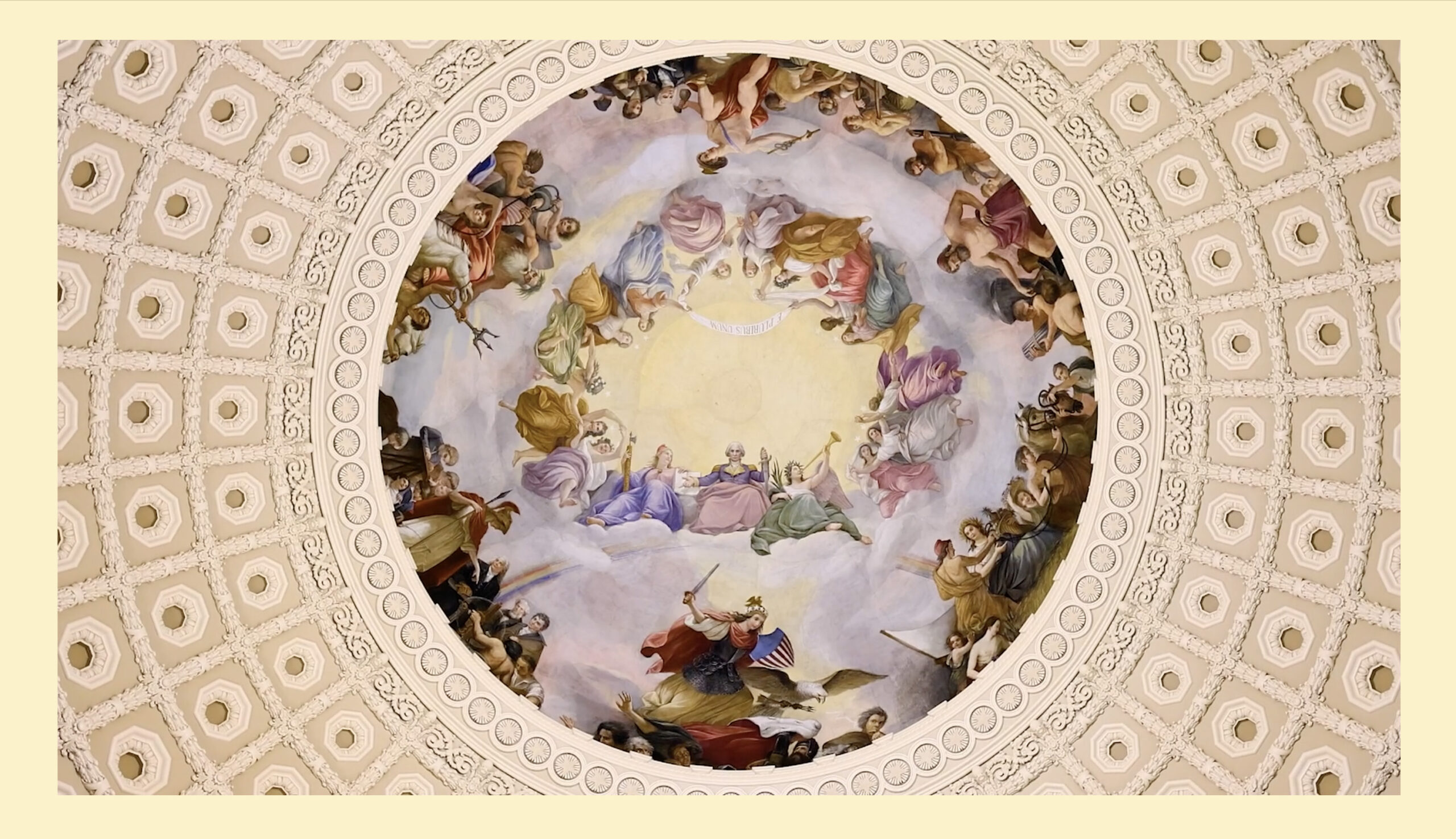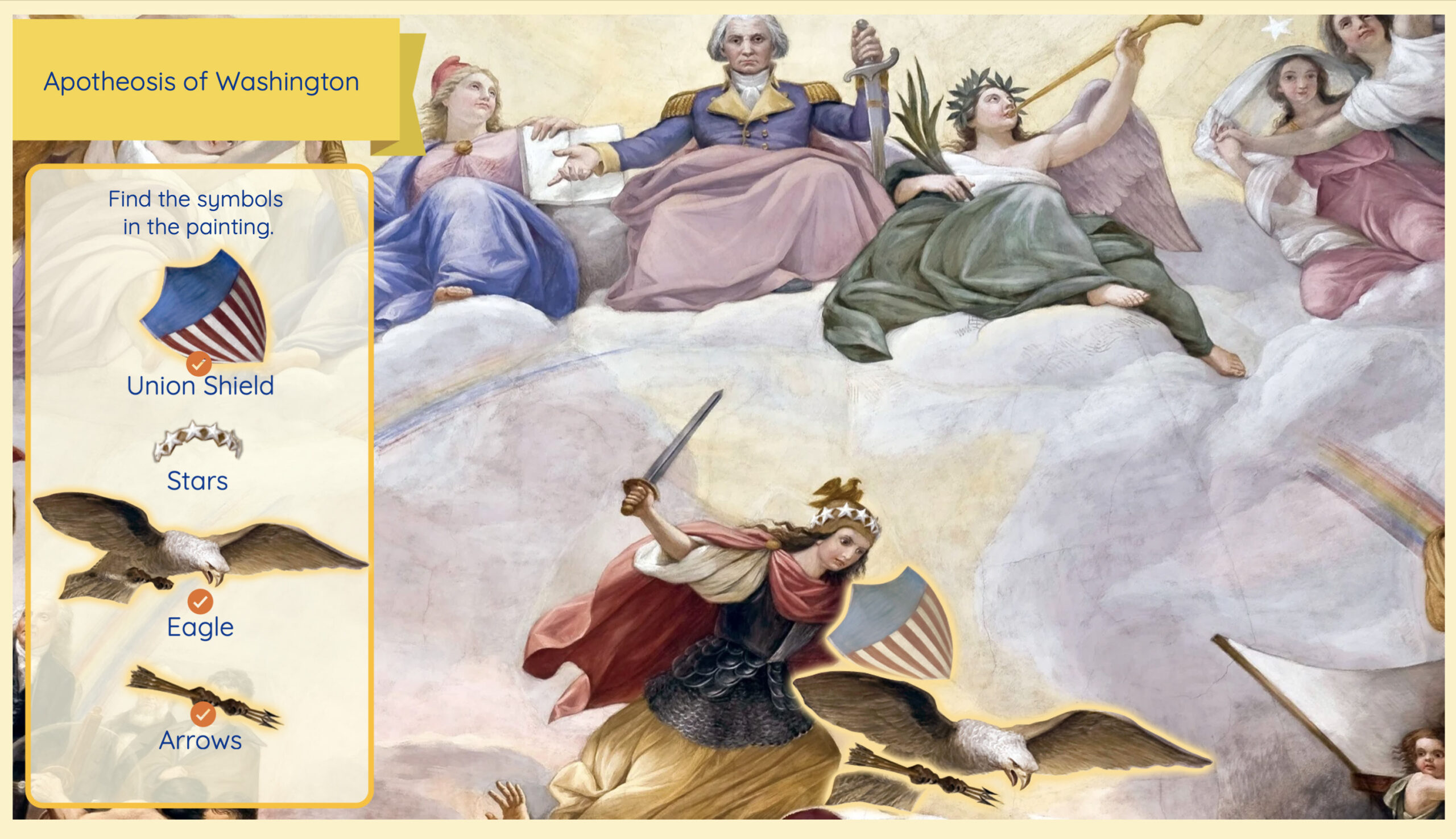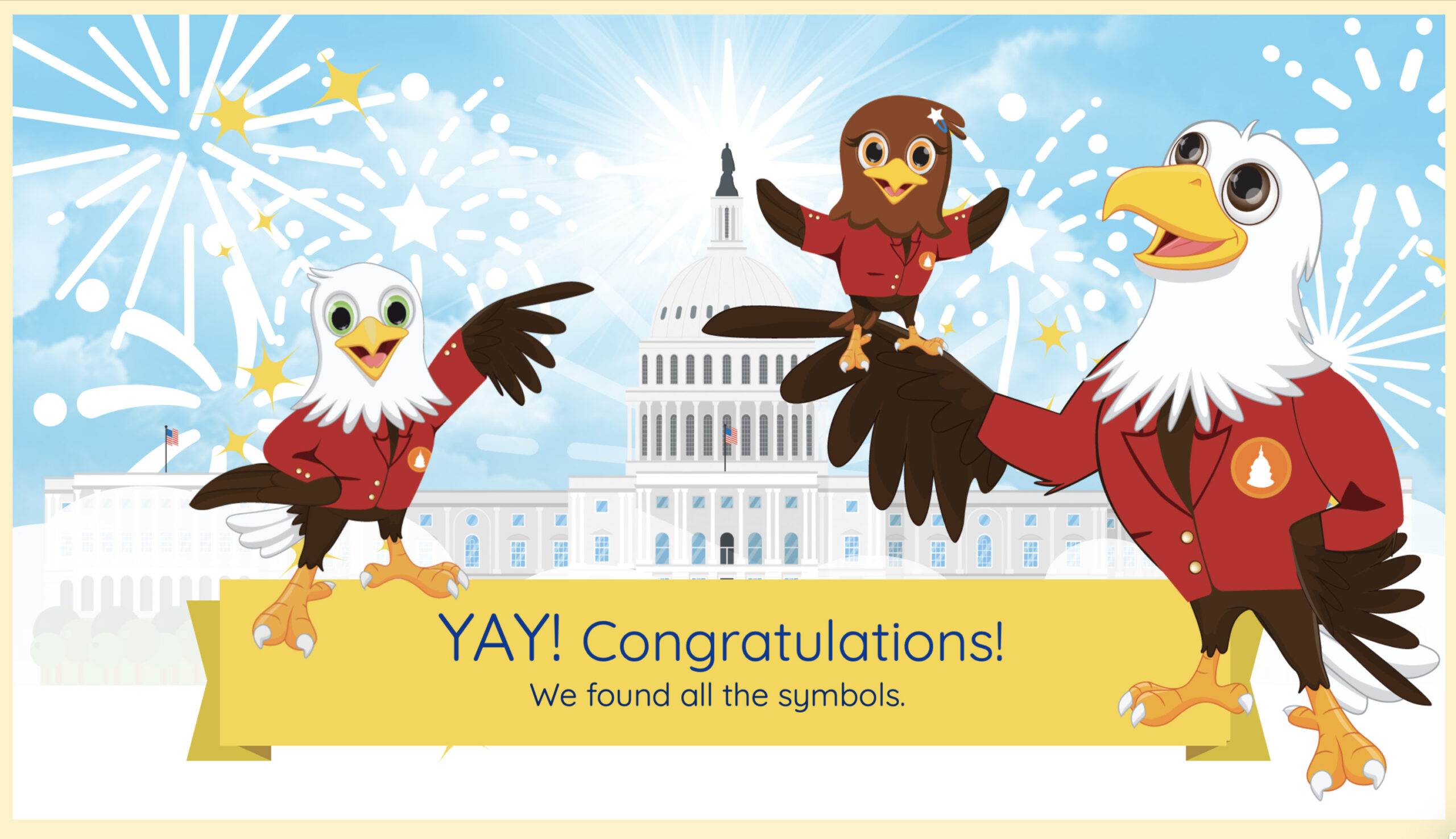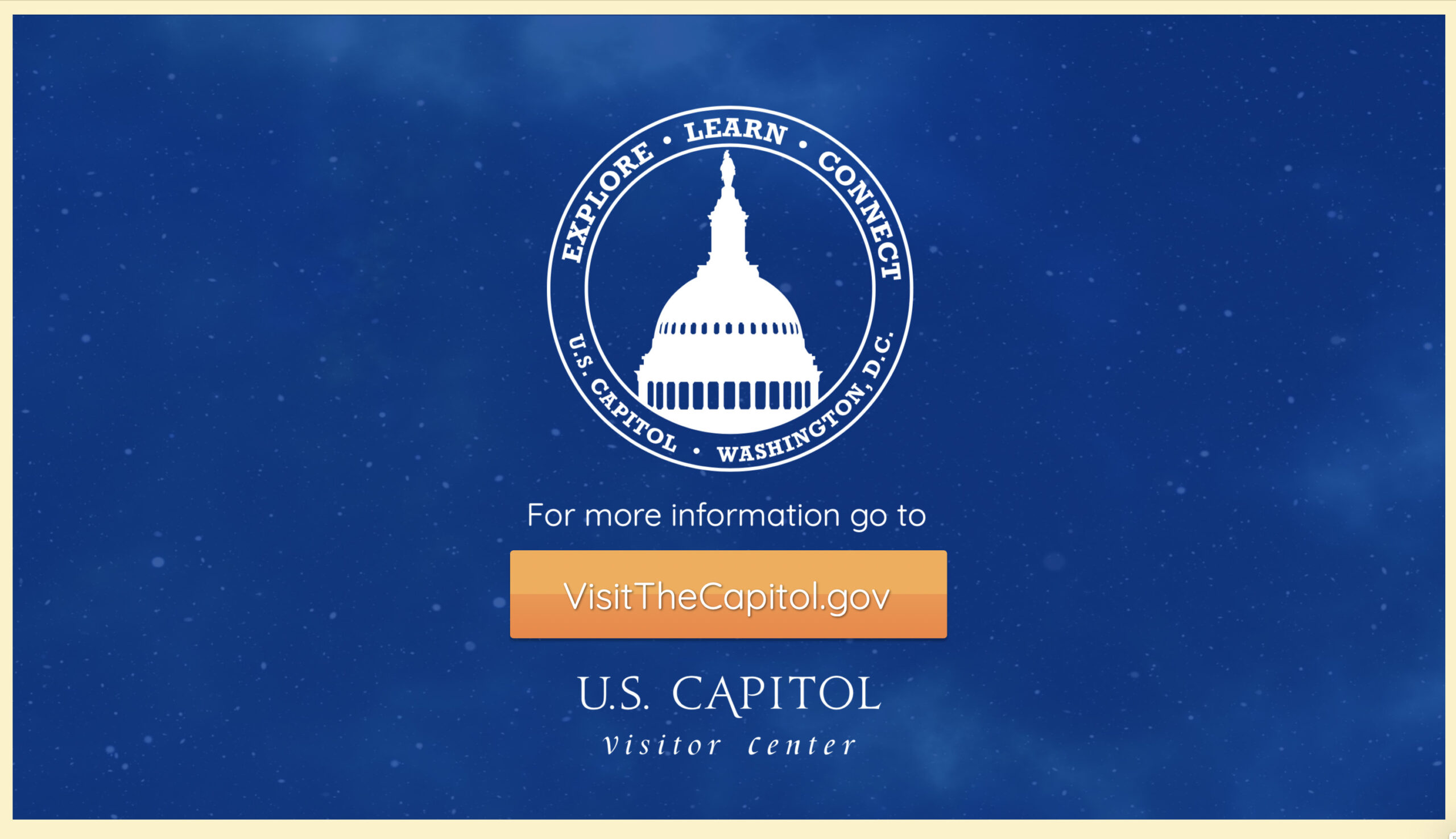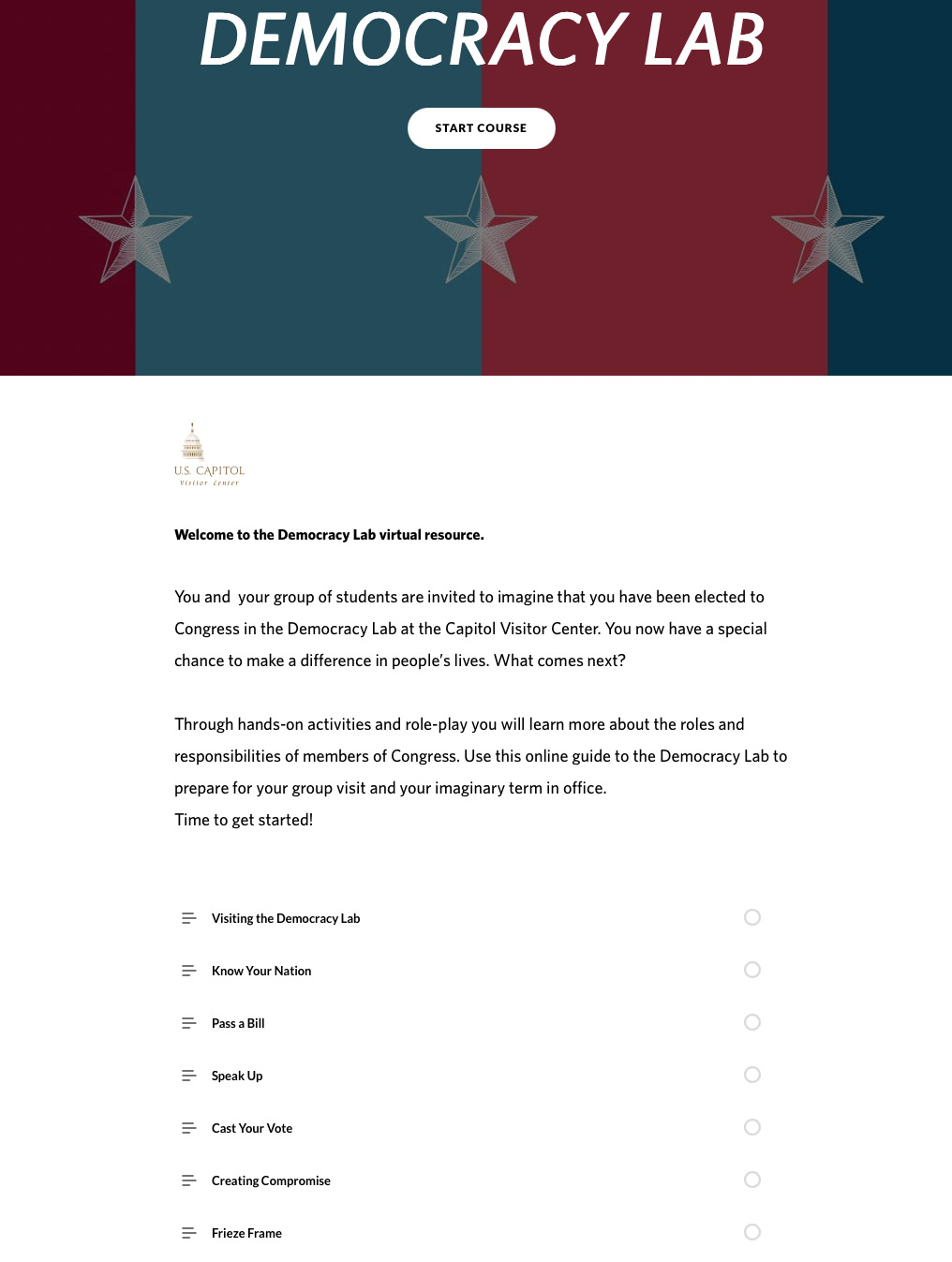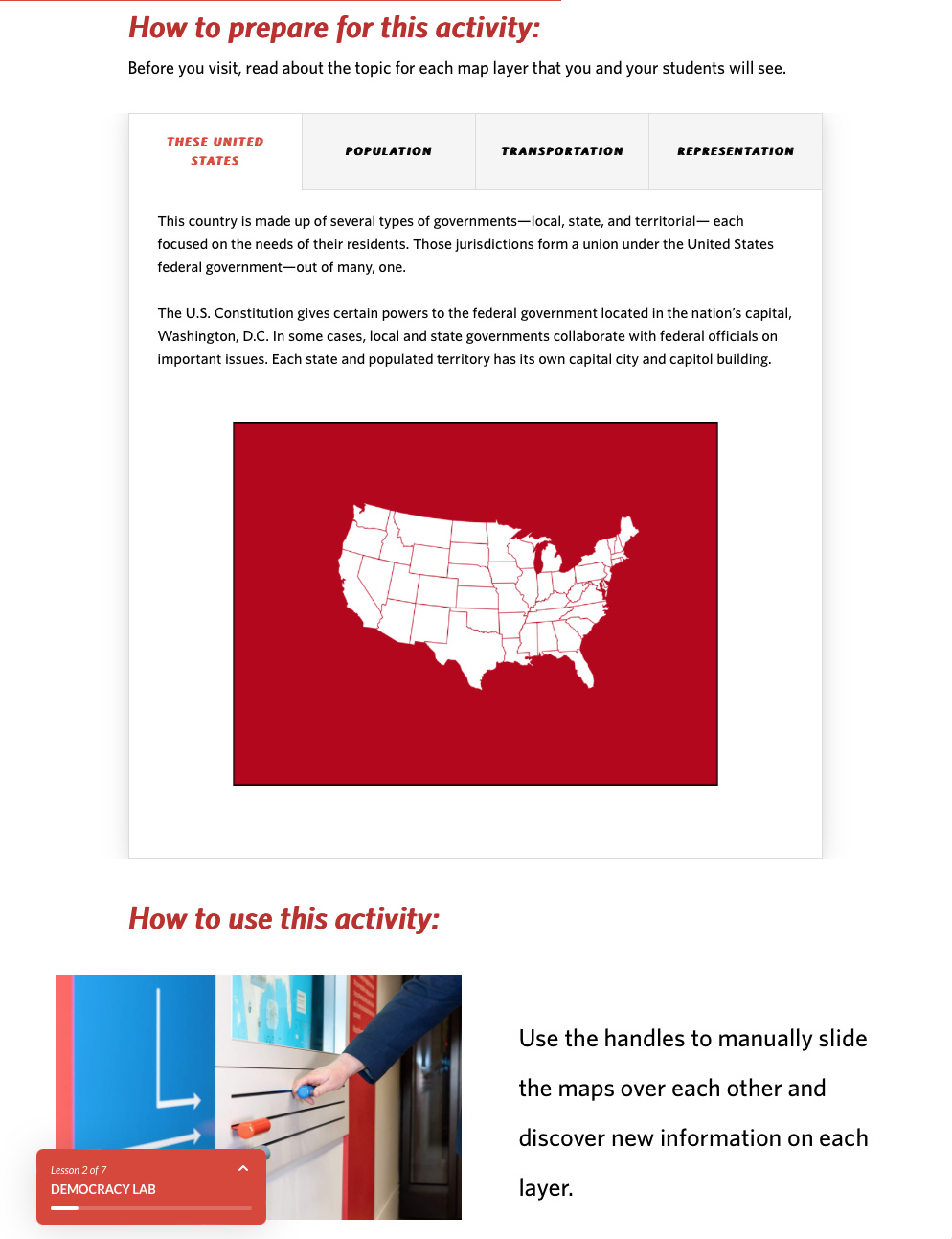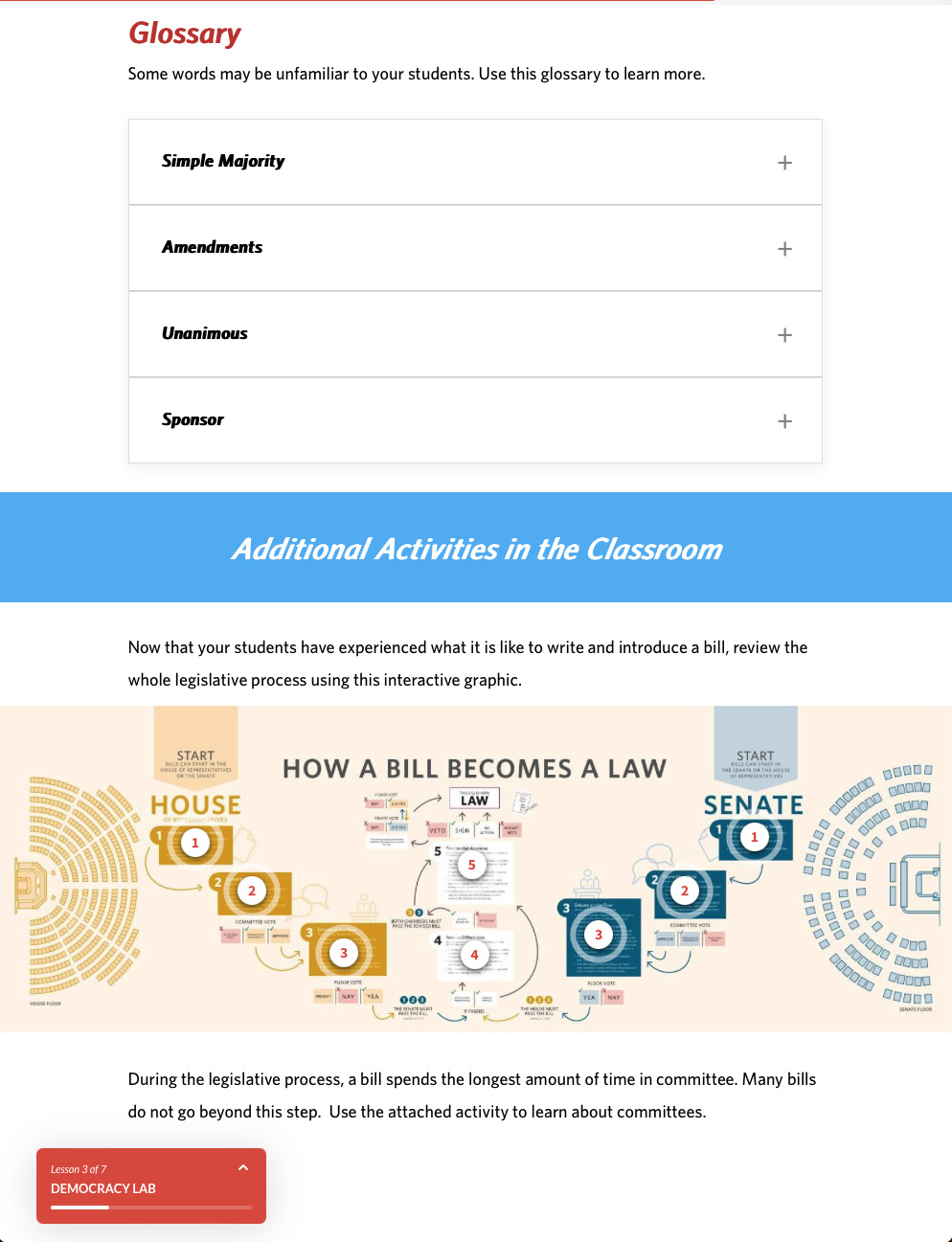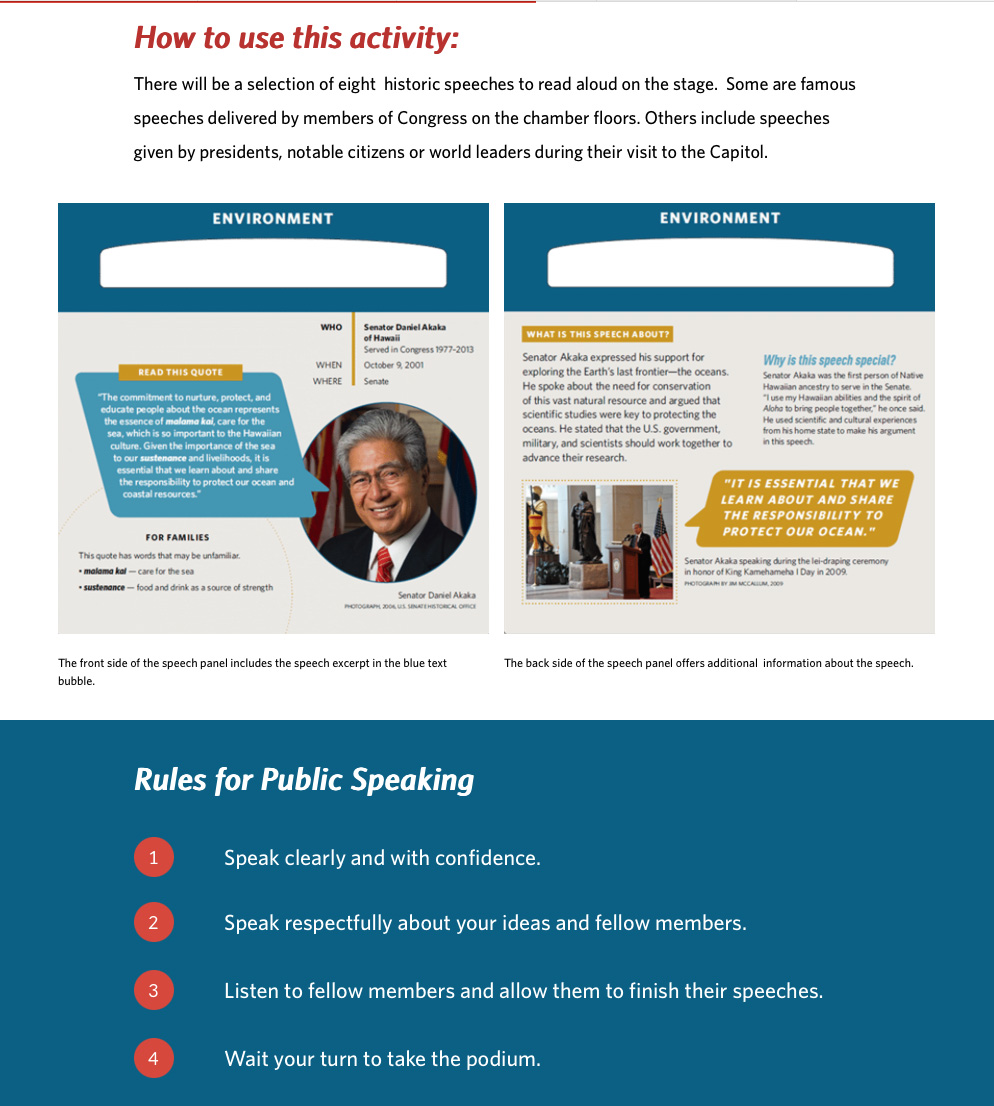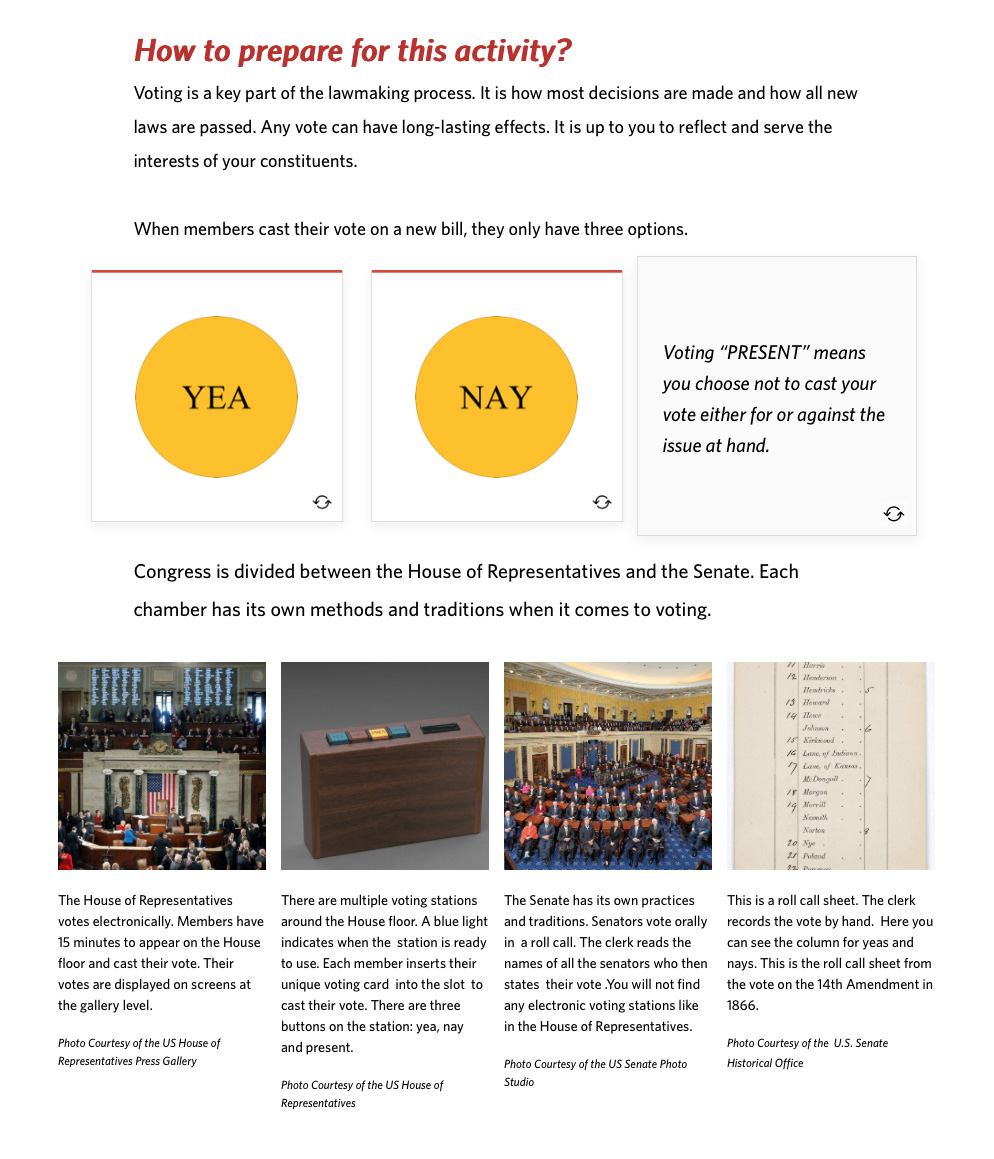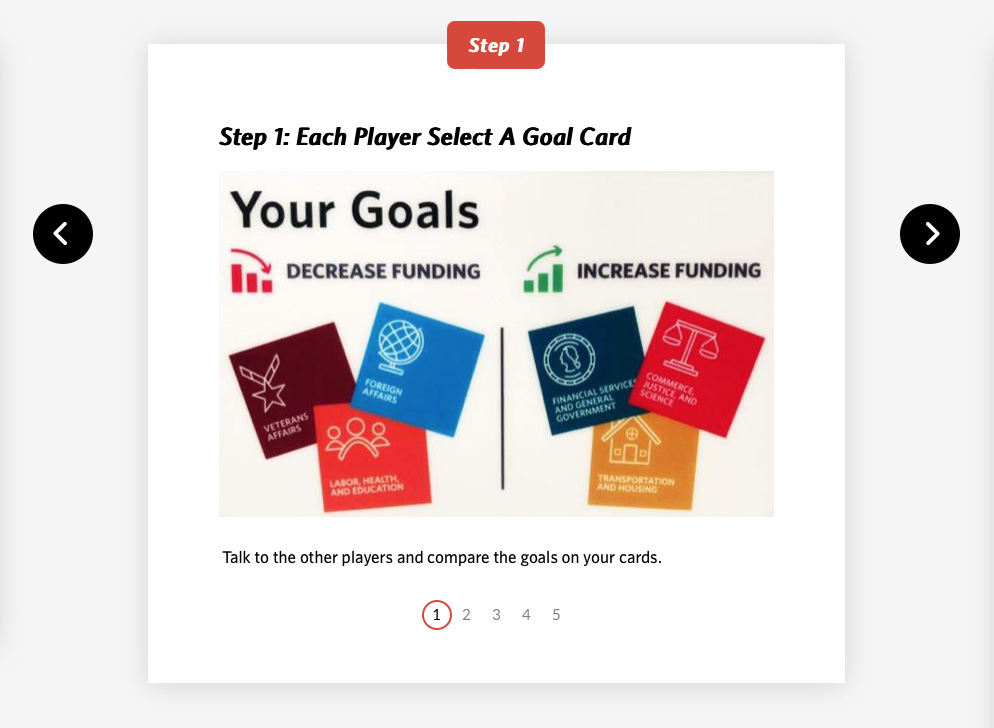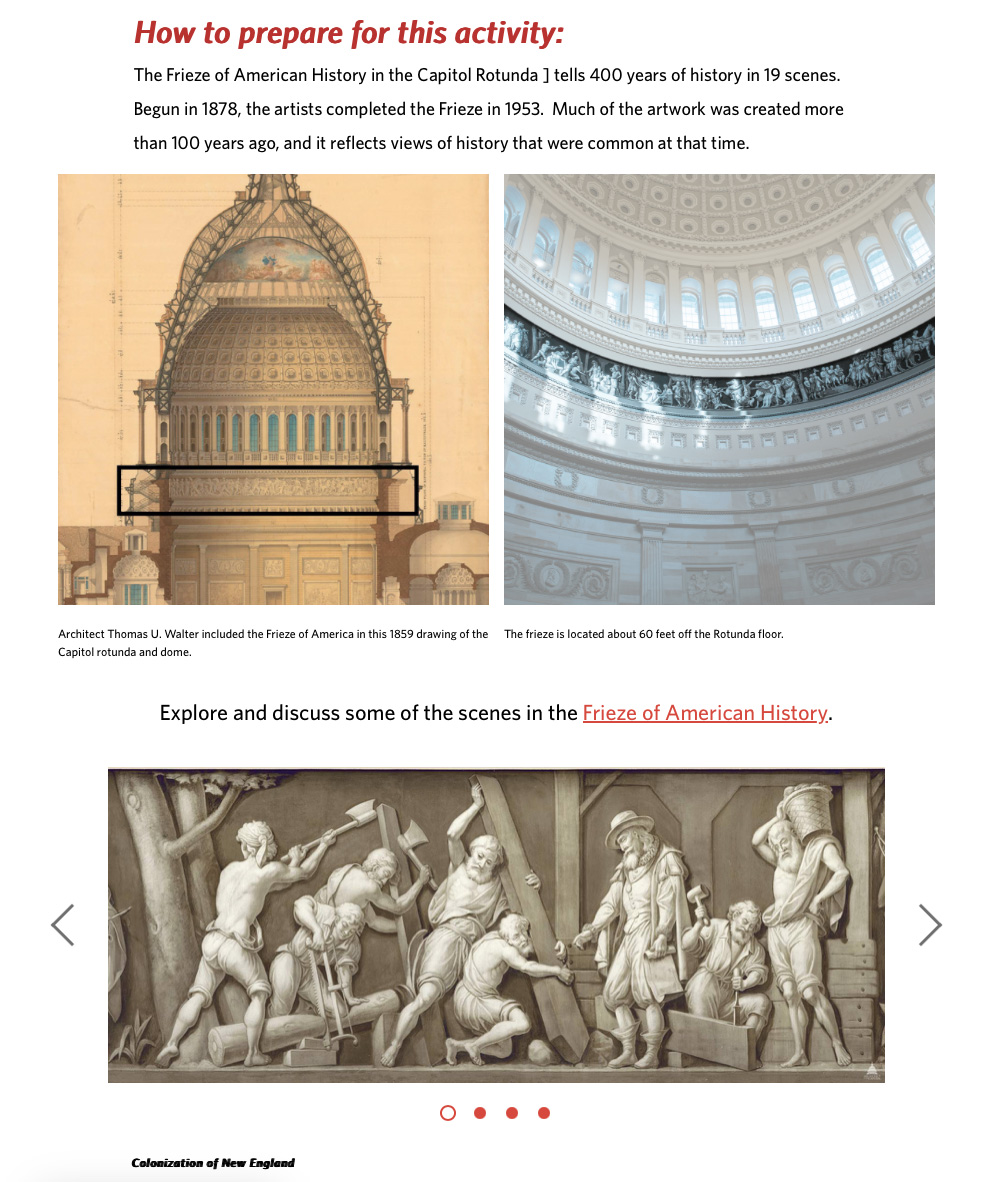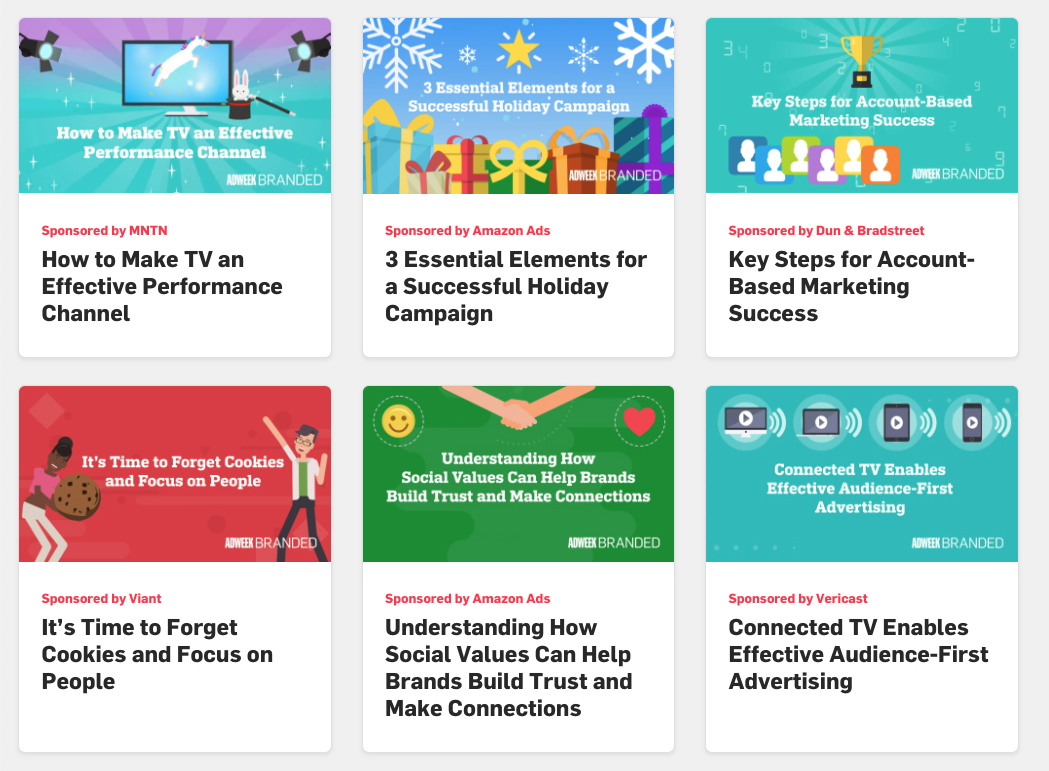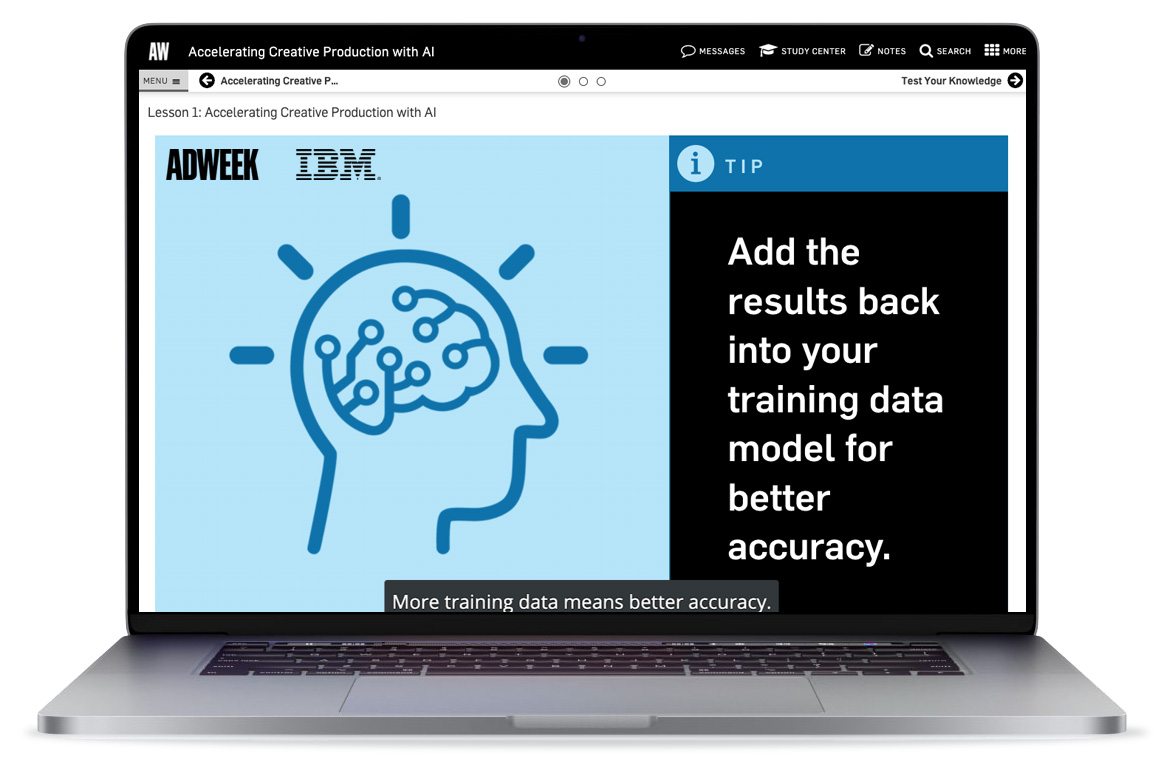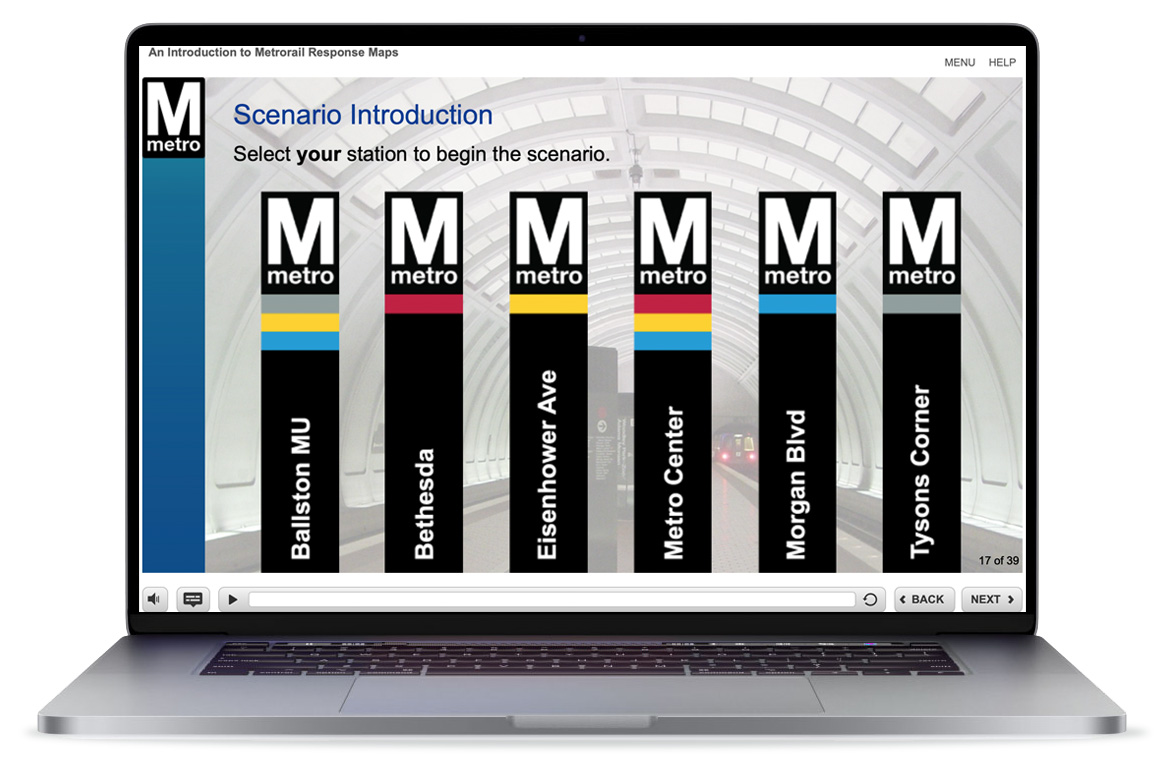Summary
The Capitol Visitor Center (CVC) sought strategic advisory support for their eLearning initiatives.
Although the CVC’s eLearning initiative started prior to the Covid pandemic, the closure of its doors to the public, due to the pandemic, brought more urgency and attention to the need for online learning.
The project started as a market research and consultative effort to help their talented education team become equipped with the methodology, best practices, and skills to bring their stellar in-person education to an online, digital-first format. The project was later extended to allow us to provide hands-on design and production of eLearning modules ready for the public to enjoy on their website visitthecapitol.gov.
Challenge
The team was able to adapt quite well to a remote working environment, but the Covid pandemic brought many challenges to the project. Gathering media assets (e.g., capturing video and photographs) could only be done onsite by CVC employees under high security when Congress was not in session. Approval processes were long given the high-profile nature of the content. Approval was required by the CVC, Architect of the Capitol (AOC) and, in some cases, the Congressional Oversight Committee, before the full design process could begin.
In the fourth month of the two-and-a-half-year project, the team suffered a major setback alongside the rest of the nation due to the shocking event that unfolded at the Capitol on January 6th, 2021. The goal for providing access for people across our nation to learn about the history, art, and architecture of the Capitol, and the importance of its role at the heart of the U.S., became even more apparent.
Project Approach and Results
We kicked off the project with a series of workshops where we uncovered the education program’s vision, goals, pathways, and target audience cohorts. We then performed a market research study that explored the different eLearning approaches of other local as well as international museums. We also analyzed current eLearning trends and identified areas of opportunity for increased engagement with online learners of all ages. We designed and conducted research on the general interested public, and conducted a series of in-depth interviews with educators of American history and civics.
The research efforts and our strategic knowledge of best practices helped inform an eLearning framework intended as a useful reference for the long term – a foundational set of guidelines and signposts to be consulted as new eLearning content is produced. This framework articulated the vision, the educational goals of formal and informal learners, the best practices in content conception and design, and the tactics necessary for production and presentation. We advised an overview and a plan for pilot programs which would serve as a starting point for the overarching eLearning initiative. We provided the methodology needed for design, production, delivery, and deployment, and offered ideas for integration with other digital and traditional media, as well as for interactive opportunities with online and in-person visitors. We outlined near-term and longer-term achievements and actionable recommendations. The framework plan constitutes a firm strategic basis and point of view for successful CVC design endeavors in the near term, and thereafter a robust interactive campaign that will make the CVC a well-received educational voice in civics education for internet visitors across the country and around the world.
The project – initially structured to equip CVC staff to design, produce, and deploy pilot programs on their own – later blossomed into a more hands-on involvement in pilot production. We conducted a series of customized virtual training sessions with the CVC’s education specialists on best practices and methodologies for creating digital-first designed online education content. Training sessions included workshops on managing an eLearning project, instructional design, language design, visual design, and technical demonstrations of software for eLearning authoring and project management.
In collaboration with CVC’s education staff, we helped create proposals for four pilot programs designed for their core audiences as defined in the educational goals. They ranged from informal learners (e.g., adults, families, high school and higher ed art and architecture students) to formal learners (e.g., middle school students studying American civics who had the added benefit of an in-person field trip to visit the Capitol with their class).
Pilots were designed to run using the Articulate 360 authoring tool. Two pilots (Discover Capitol Symbols and Discover The Capitol Architecture) feature custom interaction with robust media and video that were built using Storyline. Design of the first pilot (Discover Capitol Symbols) involved character development of the animated eagles who help guide young learners through the experience. The other two pilots (Democracy Lab’s online preparation and post-visit activities, and the pending-public-view story of the Capitol’s acquisition/commission of the art) were built with Rise, which offered flexibility for easier, less technically-intense authoring so content could be added and extended over the long term.
The three pilots available today are introduced here:
Discover The Capitol Architecture
Since the cornerstone was laid in 1793, the U.S. Capitol has been built, rebuilt, extended, and restored. For more than 200 years, the Capitol has stood as a monument to those who built it and to the American people and our government. In this self-guided virtual experience around the exterior of the building, explore the architectural details and historic moments of various sections of the Capitol.
Democracy Lab Teacher Virtual Resource
You and your group of students are invited to imagine that you have been elected to Congress in the Democracy Lab at the Capitol Visitor Center. You now have a special chance to make a difference in people’s lives. What comes next?
Through hands-on activities and role-play you will learn more about the roles and responsibilities of members of Congress. Use this online guide to the Democracy Lab to prepare for your group visit and your imaginary term in office.
Conclusion and Results
The eLearning pilots were met with great excitement and enjoyment for the public. Learners are able to explore and learn about the Capitol, either as a supplement to their in-person visit, or as standalone experiences where an in-person visit might not be possible, as the online eLearning modules were designed to ultimately help bring the Capitol to the American people. It was truly an honor working with the talented and dedicated education team at CVC, and a tremendously rewarding experience for our team to help them with their vision.
Branding & Creative
Online Learning
Apps & Websites
We may learn, work, buy and sell at a distance, but we all want positive contact.
Design for People supplies the rarest element in digital design: a human touch in a chilly point-and-click world. We bake it into brand strategy, apps and websites, eLearning, smart marketing and media planning, and everything you need for success.

